
YEAR 11 2026


YEAR 11 2026

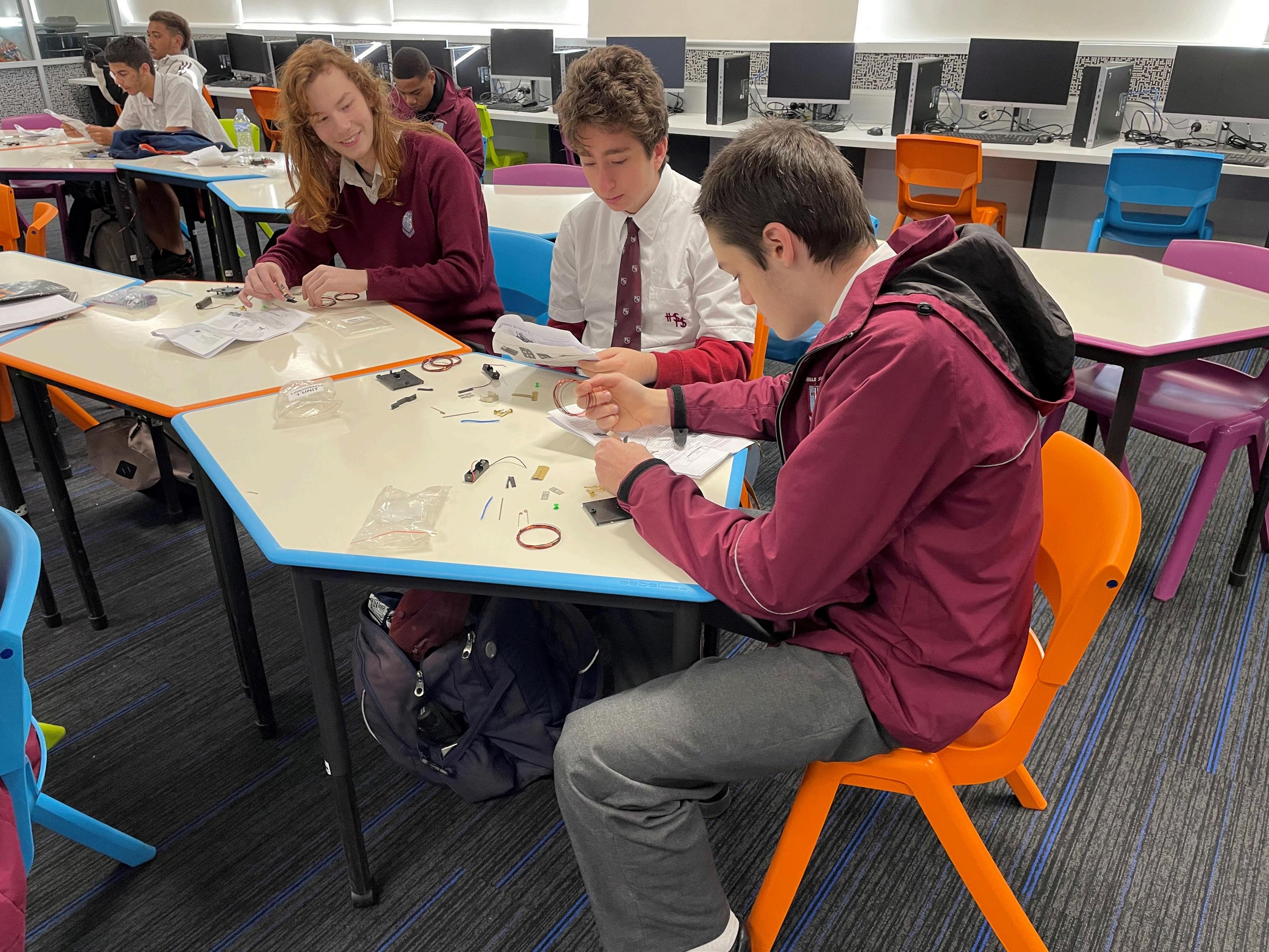
THE HILLS SPORTS HIGH SCHOOL

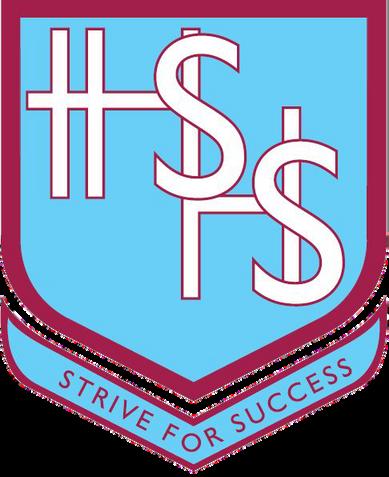

ABOUT THE HSC AND ATAR
WHAT TYPES OF COURSES CAN I SELECT?
TAFE & SCHOOL DELIVERED EVET COURSES
WHAT IS THE HSC MINIMUM STANDARD?
WHAT ARE UNITS?
REQUIREMENTS FOR THE AWARD OF THE HSC
ASSESSMENT AND REPORTING
ATAR (AUSTRALIAN TERTIARY ADMISSION RANK) RULES
LIFE SKILL COURSES
2024 YEAR 11 SUBJECT OFFERING
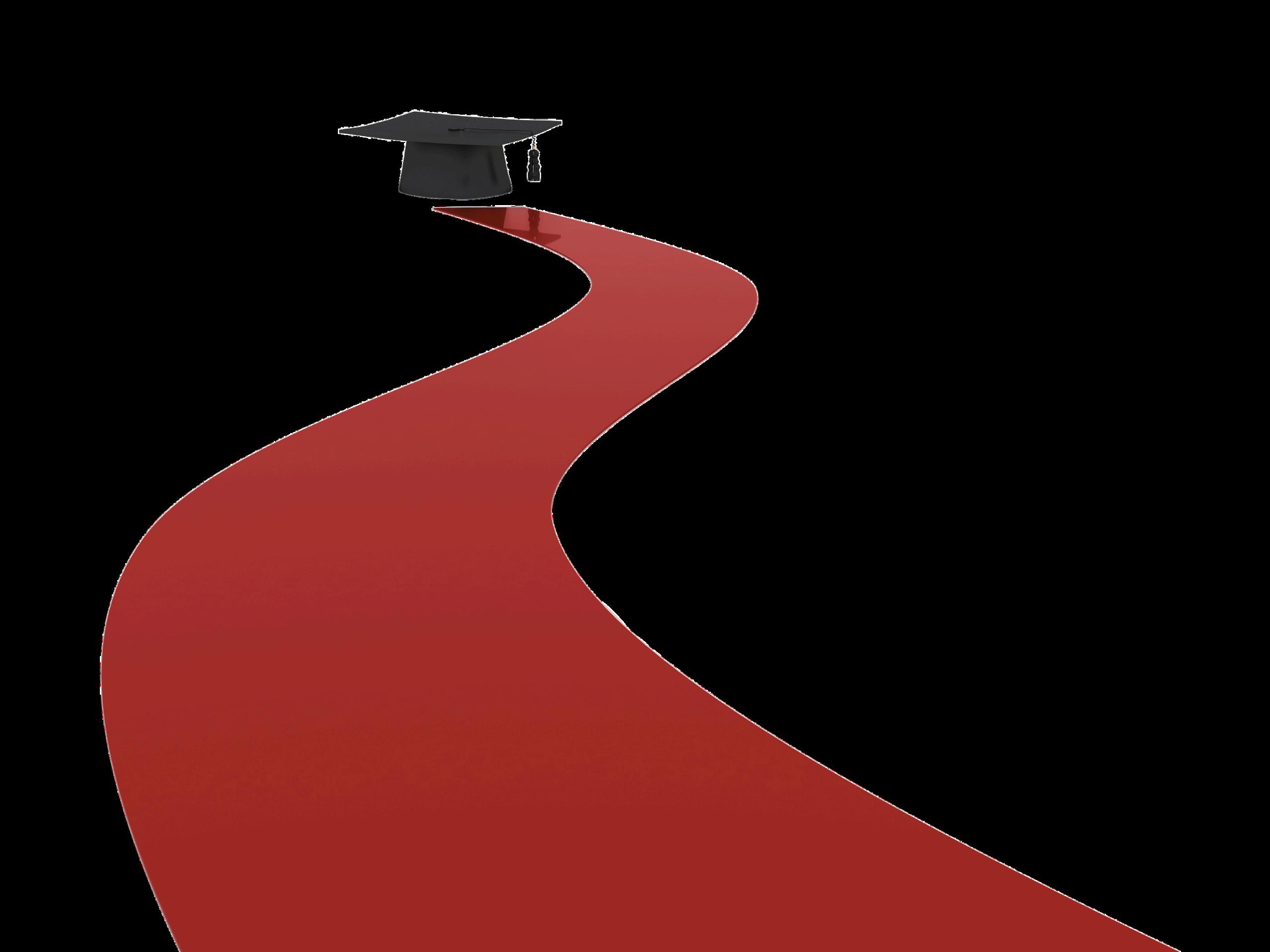
The Higher School Certificate is a credential which recognises 13 years of schooling. In the interests of greater career choices and increased opportunities for university and EVET courses, it offers you a full range of study areas matching individual abilities and interests. Courses are linked to further education and training
Extension courses (including undergraduate university courses) enable students to undertake more in-depth study in areas of special interest. Vocational Education and Training courses count towards the HSC and also lead to qualifications recognised across a range of industries The HSC includes life skills courses for students with special education needs. The HSC will fairly assess each student’s knowledge and skills. If you meet the minimum standard expected in a course, you will receive a mark of 50. If you have a higher standard of performance you will receive a higher mark. For each course you will receive easy-to-understand reports. These reports provide clear indications of what you have demonstrated you know, understand and can do in each course.
If you wish to be awarded the HSC:
You must have satisfactorily completed courses that meet the pattern of study required by the NSW Education Standards Authority (NESA) for the award of a Higher School Certificate. This includes the completion of practical, oral or project works as required for specific courses and also the assessment requirements for each course. You must have achieved the minimum standard in both the NESA Literacy and Numeracy tests
You must have sat for and made a serious attempt at the Higher School Certificate examinations. You must study and satisfy the requirements of a minimum of 12 units in the Preliminary course and a minimum of 10 units in the HSC course. The preliminary and HSC pattern of study must include at least 6 units from Board Developed Courses including at least 2 units of a Board Developed Course in English
The preliminary and HSC pattern of study must include at least three courses of 2 units value or greater
The preliminary and HSC pattern of study must include at least four subjects
At most, 6 units of courses in Science can be studied in the Preliminary year, while up to 7 units of courses in Science in the HSC year can contribute to Higher School Certificate eligibility
If you wish to receive the Australian Tertiary Admission Rank (ATAR ), you must study a minimum of 10 Board Developed units in the HSC Course. The booklet, University Entry Requirements Year 10 Booklet, published by UAC, available from the Library, will contain important information about entry to university courses, course prerequisites and other information to assist your choice of HSC courses for study in Years 11 and 12 in preparation for university entry
If you do not wish to receive an ATAR, the rest of your courses may be made up of Board Endorsed Courses once you have studied six units, including English from Board Developed Courses.
School reports provide detailed descriptions of the knowledge, skills and understanding students have achieved in HSC courses. Students will receive both a Semester 1 and 2 report.
School-based assessment tasks will contribute to 50% of your overall HSC mark. Your school-based assessment mark (SBA) is based on your performance in assessment tasks you have undertaken during the course. The other 50% is based on your performance in the final HSC examination. Your HSC mark for 2 unit courses will be reported on a scale of 0 to 100. A mark of 50 will represent the minimum standard expected There will be five performance bands above 50 that correspond to different levels of achievement in knowledge, skills and understanding. The band from 90 –100 will correspond to the highest level of achievement.
On satisfactory completion of your HSC you will receive a portfolio containing:
The HSC Testamur (The official certificate confirming your achievement of all requirements for the award.)
The Record of School Achievement (RoSA) (This document lists the courses you have studied and reports the marks and bands you have achieved.)
For every HSC Board Developed Course you will receive a Course Report showing your marks, the Performance Scale and the band descriptions for that course.
Students apply to the Universities Admissions Centre – UAC for placement in university courses.
The ATAR is used to rank applicants to enable selection for the various courses.
The ATAR is a number between 0.00 and 99.95. It is a measure of a student’s overall academic achievement in NSW HSC in relation to that of other students in Australia. The score is calculated by the universities and released by UAC
To be eligible for an ATAR in NSW, you must satisfactorily complete at least 10 units of HSC courses. These courses must include at least:
10 units of Board Developed courses
2 units of English
three Board Developed courses of 2 units or greater four subject areas
Your ATAR is then calculated from your: best 2 units of English best 8 units from your remaining units.
Various universities such as Sydney University have specific entry requirments Research the entry requirements for your preferred universities as information to consider when choosing your subjects.
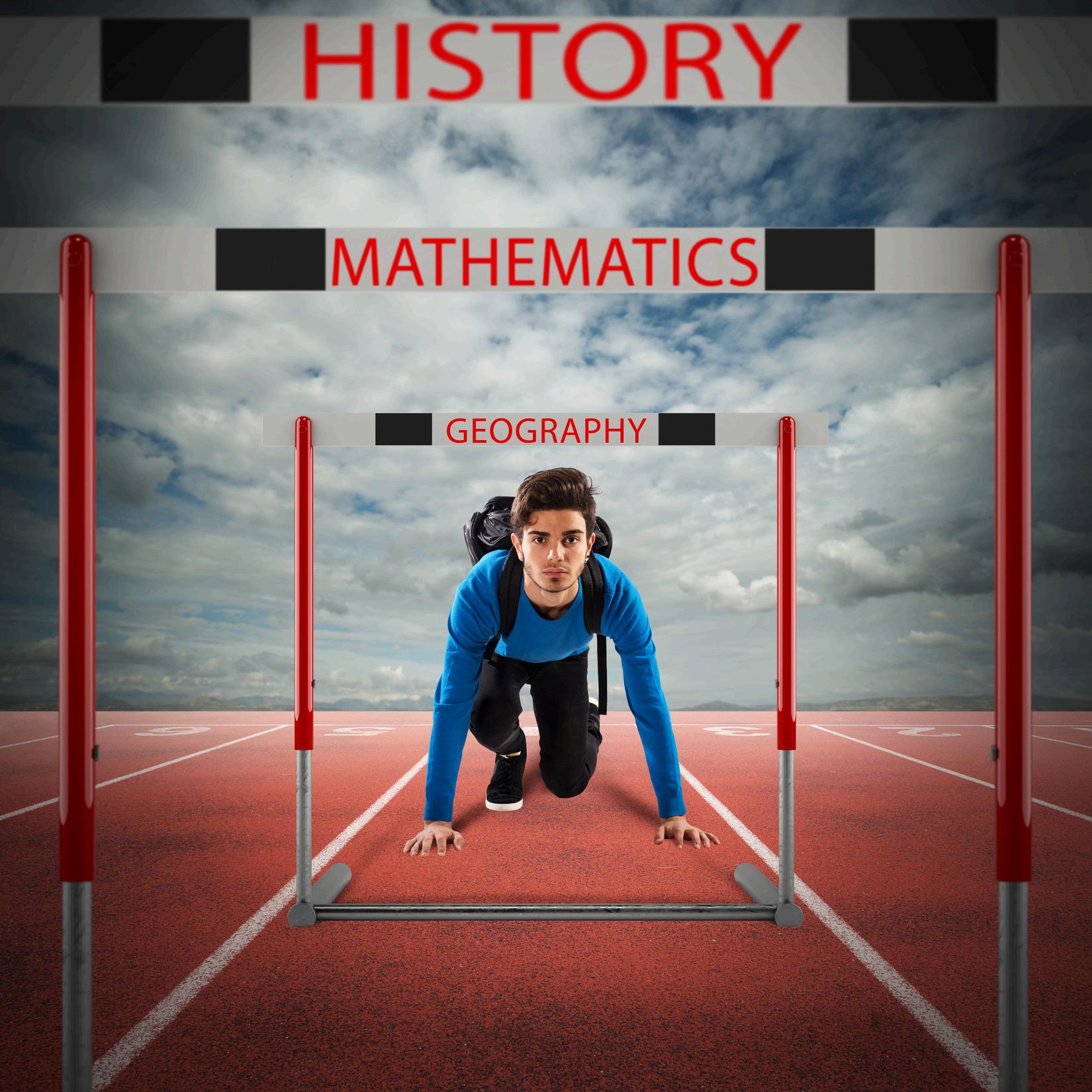
These courses are developed by the NSW Education Standards Authority (NESA) Their syllabus is set by NESA Students entered for the HSC who are studying these courses follow these syllabuses These courses are examined externally at the end of the HSC course and can count towards the calculation of the Australian Tertiary Admission Rank (ATAR).
There are two main types of Board Endorsed Courses – Content Endorsed Courses and School Designed Courses. Content Endorsed Courses (CECs) have syllabuses endorsed by NESA to cater for areas of special interest not covered in the Board Developed Courses. Examples of CEC’s at The Hills Sports are: • Ceramics • Photography • Sport, Lifestyle & Recreation • Work Studies • Visual Design
Most HSC EVET (Vocational Education and Training) courses delivered at TAFE or school or by a private provider, are Content Endorsed Courses. There is no external examination for any Content Endorsed Course or School Designed Course, but all Board Endorsed Courses count towards the Higher School Certificate and appear on your Record of Achievement. Board Endorsed Courses do not count in the calculation of the ATAR.
All courses offered for the Higher School Certificate have a unit value. Subjects may have a value of 1 unit or 2 units Most courses are 2 unit Each unit involves class time of approximately 4 periods per cycle (60 hours per year) In the HSC each unit has a value of 50 marks. Hence a 2 unit course has a value of 100 marks.
2 units = 9 periods per cycle (120 hours per year) = 100 marks
1 unit = 4 periods per cycle (60 ears per year) = 50 marks
Extension study is available in a number of subjects.
Extension courses build on the content of the main 2 unit course Extension classes are 1 unit course which requires students to work beyond the standard of the main 2 unit course.
Extension courses are available in English, Mathematics, History, Music, Science, some Languages and EVET.
English and Mathematics Extension Courses are available at Preliminary and HSC levels. Students must study the Preliminary extension course in these subjects before proceeding to the HSC extension courses (Extension 1 and Extension 2). The Extension 2 course requires students to work beyond the standard of the Extension 1 course.
HSC extension courses in History, Music, Language, Science and EVET are offered and examined in Year 12 only.
Extension 1 Unit courses e.g. English, Maths, History and Science are counted in the calculation of an ATAR.
Students in the Support Unit undertake the NSW Education Standards Authority (NESA) developed Life Skills courses for Stage 6.
Each Life Skills course comprises a 2 unit preliminary course and a 2 unit HSC course. There is no external examination for life skills courses.
The courses are:
English life skills
Mathematics life skills
Personal Development, Health & Physical Activity life skills
Citizenship & Society life skills
Science life skills
Visual Art life skills Work & Community life skills
Students in Year 11 and 12 can access a number of VET Courses either at The Hills Sports High School or at TAFE (TVET) or by another Registered Training Organisation (EVET). At The Hills Sports, we support applications for courses at the TAFE campuses/providers most accessible via public transport for students, including Blacktown, Nirimba, Kingswood, Granville, Richmond, Mount Druitt and some school delivered options where the TAFE teacher travels to a local high school to deliver courses EVET courses are generally on a Monday or Wednesday afternoon from 1-2pm, finishing between 530 and 6pm depending on the course and the campus. Please speak to the Careers Adviser to receive further information about TAFE or Externally Delivered VET course applications, which open 29th July 2024.
VET courses are competency based. This requires students to develop the competencies, skills and knowledge described by each unit of competency. To be assessed as competent, students must demonstrate to a qualified assessor that they can effectively carry out various tasks to the standard required in the appropriate industry.
Assessment is competency based, that is a student must demonstrate their ability to complete tasks. Consequently an excellent attendance record for the EVET course and during work placement is essential. HSC Examination (optional) The optional Higher School Certificate (HSC) examination for Industry Curriculum Framework (240 hours) courses will involve a written examination made up of multiple-choice items, short answers and extended response items The examination is independent of the competency-based assessment undertaken during the course and has no impact on the eligibility of a student to receive AQF qualifications.
EVET courses may either be:
Industry Curriculum
Framework (ICF) courses
or Non-Framework: Board Endorsed

Industry Curriculum Framework (ICF) courses
An Industry Curriculum Framework course, studied as part of the HSC, enables students to acquire a range of technical, personal and organisational skills valued both within and beyond the workplace. These courses have a specific, compulsory workplace component Students receive a nationally recognised Australian Qualifications Framework (AQF) credential on successful completion of a course. The examination mark from one Industry Curriculum Framework EVET course or Accounting may be included in the calculation of a student’s Australian Tertiary Admission Rank (ATAR). The NSW Education Standards Authority (NESA) has developed curriculum frameworks for seven industries. There are a number of courses within each framework. The seven frameworks are: Business Services (Admin), Construction, Information Technology, Metal & Engineering, Primary Industry, Retail and Tourism & Hospitality.
Non-Framework: Board Endorsed
Non – Framework courses are approved by NESA These courses offer a nationally recognised Australian Quality Framework (AQF) qualification and contribute units to the HSC but they DO NOT CONTRIBUTE TO AN ATAR.
Students in Industry Curriculum Framework courses must complete work placement of up to 70 hours for a 2 unit x 2 year course (240 hours). Additional hours are required for any extension courses – typically 35 hours for 120 hours of HSC credit. Work placement is mandatory. If a student does not satisfactorily complete work placement they will receive an N Award and will not pass the course
A school based traineeship or apprenticeship prepares students for a career in a particular industry, provides a training wage and skills training both on-the-job and off-the-job at school, TAFE NSW or an approved Registered Training Organisation Traineeships are available in a range of HSC EVET courses, including all Industry Curriculum Framework Courses.
A school based traineeship is completed over two years, year 11 and 12 and is part of the HSC. At the completion of year 12 a student will receive an HSC as well as a Certificate or Statement of Attainment in their course. A school based apprenticeship will continue after the HSC. The student will receive their HSC but will become a full time apprentice
Students who undertake school based traineeships or apprenticeships will be expected to complete a minimum of 100 days of paid employment. Students will be expected to keep a log of all on the job training. These can contribute up to 6 Units of HSC credit in both Preliminary and HSC years.
Note: To apply for EVET courses offered at TAFE Institutes or a private provider, or a school based apprenticeship or traineeship, a separate application form and process must be completed, this is available from the Career Adviser’s Office in D Block. Courses will run subject to sufficient numbers and resources. SBATs are subject to offers of employment from suitable employers
Further information about the available TVET courses can be found via https://www.tafensw.edu.au/study/types-courses/tvet. A full list of timetabled options of EVET courses at approved campuses for The Hills Sports HS will be made available to students before applications open on 29th July 2024.
Further information about the School Based Apprenticeship and Traineeship program can be found via https://educationstandardsnsweduau/wps/portal/nesa/11-12/stage-6learning-areas/vet/school-based-apprenticeships-and-traineeships
Applications are open for Year 10 students exploring an SBAT pathway in Year 10 until the end of Term 1 Year 11.
It is vital that students considering EVET applications or SBAT pathways engage with the careers adviser promptly to ensure they understand the options available and are able to lodge applications before deadlines external to the school. Parents/Carers can book meetings with the careers adviser by contacting the front office, students may book a meeting through the booking link on their Teams Year Group Page.
THSHS offers Sport Coaching, Hospitality: Food & Beverage, Construction and Sport - Developing Athlete delivered at school. Please refer to the information of this course further in the booklet. If an EVET course is offered at The Hills Sports High School, then the course must be studied at school. If these classes are full, only then may you select the same course at TAFE or a private provider
NSW Education Standards Authority (NESA) has implemented the HSC minimum standard to help ensure that students have the key literacy and numeracy skills for life after school Students in New South Wales will need to demonstrate a minimum standard of literacy and numeracy to receive the HSC credential from 2020. The HSC minimum standard is set at level 3 of the Australian Core Skills Framework (ACSF) These skills are essential for everyday tasks and learning after school such as writing a letter for a job application or understanding a mobile phone plan The standard is assessed through online tests across three areas: reading, writing and numeracy The minimum standard online tests are 45 minutes long and include a multiple choice reading test, a multiple choice numeracy test and a short writing test based on a choice between a visual or written prompt. Examples of the tests are available on the NSW Education Standards Authority (NESA) website Students who do not meet the HSC minimum standard can still:
• Sit the HSC exams.
• Receive an ATAR for University applications
• Receive a ROSA
• Receive a HSC minimum standard report
There are no pre-requisites for choosing subjects for stage 5 or stage 6. Students do not need to achieve
Practice tests are available for students to sit at school to help them become familiar with the online test structure and for schools to help determine student readiness to meet the minimum standard. Students will have two opportunities per year to sit the minimum standard online tests in each area of Reading, Numeracy and Writing, in Year 10, 11 and 12. Students will also have up to 5 years from the time they start the HSC courses to sit the minimum standard online tests The tests must be administered by schools via a lockdown browser.
Disability provisions and exemptions: Students with additional learning needs may be eligible for extra provisions for the minimum standard online tests or be exempt from meeting the HSC minimum standard in order to receive their HSC Students taking four or more Life Skills courses can be exempt from meeting the HSC minimum standard. Students studying Life Skills English will be exempt from the Reading and Writing minimum standard tests Students studying Life Skills Mathematics courses will be exempt from the Numeracy minimum standard test. Further Information NSW Education Standards Authority (NESA)
Ancient History, 2U (BDC) HSIE
Biology, 2U (BDC) Science
Business, Studies 2U (BDC) HSIE
Chemistry, 2U (BDC) Science
Community & Family Studies, 2U (BDC) TAS
Drama, 2U (BDC) English
Engineering Studies, 2U (BDC) TAS
English Advanced, 2U (BDC) English
English Extension 1, 1U (BDC) English
English Extension 2, (Yr 12 Only) 1U (BDC) English
English Standard, 2U (BDC) English
English Studies, 2U (BDC) English
Food Technology, 2U (BDC) TAS
Health and Movement Science (BDC) PDHPE
Industrial Technology - Timber, 2U (BDC) TAS
Legal Studies, 2U (BDC) HSIE
Mathematics Advanced, 2U (BDC) Maths
Mathematics Extension 1, 1U (BDC) Maths
Mathematics Preliminary Standard, 2U (BDC) Maths
Mathematics Standard, 2U (BDC) Maths
Modern History, 2U (BDC) History
Music 1, 2U (BDC) CAPA
Physics, 2U (BDC) Science
Society and Culture, 2U (BDC) HSIE
Studies of Religion, 2U (BDC) HSIE
Visual Arts, 2U (BDC) CAPA
VET Hospitality Food & Beverage SIT20322 Cert II 2U (BDC) TAS
VET Sport Coaching SIS30521 2U (BEC) (NO ATAR) PD/H/PE
Ceramics, 2U BEC) (No ATAR) CAPA
Numeracy (BEC) Maths
Photography, Video & Digital Imaging, 2U (BEC) (No ATAR) CAPA
Sport, Lifestyle, Recreation, 2U (BEC) (NO ATAR) PD/H/PE
Visual Design, 2U (BEC) (No ATAR) CAPA
Board Developed Course
ATAR accredited
2 Units
Course No 11020
Particular course requirements
Students should be aware that this subject requires extended response and essay writing. The Year 11 Course also contains a mandatory research project component which must be completed
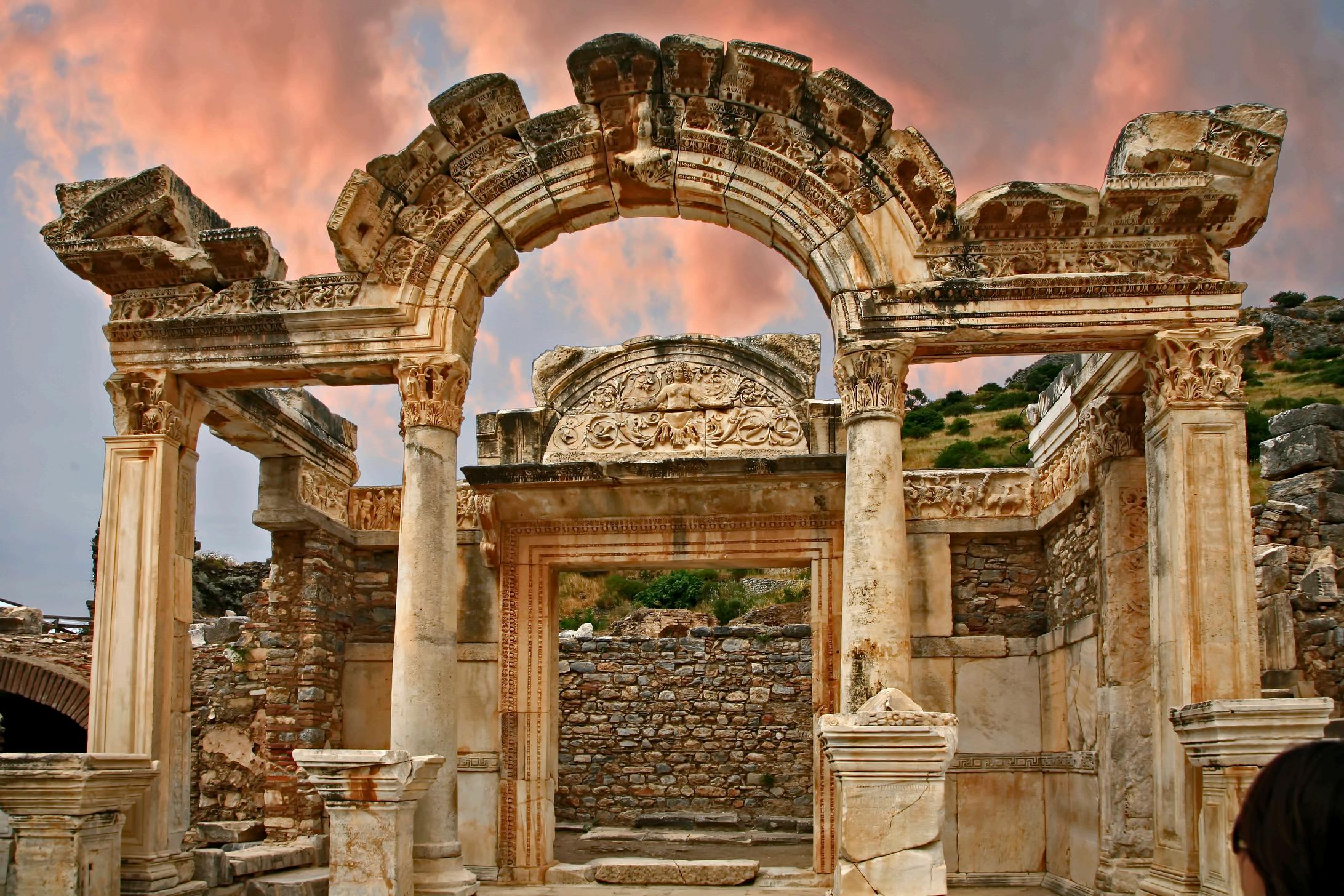

Ancient History provides students with opportunities to develop and apply their understanding of methods and issues involved in the investigation of the ancient past. Students have the opportunity to engage in the study of a range of features, people, places, events and developments of the ancient world The Year 12 course provides students with opportunities to apply their understanding of archaeological and written sources and relevant issues in the investigation of the ancient past. Through a core study, students investigate the cities of Pompeii and Herculaneum, and explore issues relating to reconstruction and conservation of the past. They also study the key features and sources of an ancient society, personality and historical period.

“Studying Ancient History gives you a window into the glory years of some of the greatest societies ever to have existed. From the Pharaohs of Egypt, to the Empire of Rome and the enlightenment of Greece and Persia: to study Ancient History is to truly understand how society was formed.”

Preliminary Course
Investigating the Past Palmyra Tutankhamuns Tomb
Deir El Medina Historical Investigation

HSC Course
Core: Cities of Vesuvius Spartan Society to the Battle of Leuktra Hatshepsut Greek World 500-440
Board Developed Course
ATAR accredited
2 Units
Course No 11030


Biology explores the diversity of life from a molecular to a biological systems level. The course examines the interactions between living things and the environments in which they live It explores the application of biology and its significance in finding solutions to health and sustainability issues in a changing world. The course provides the foundation knowledge and skills required to study biology after completing school, and supports participation in a range of careers in biology and related interdisciplinary industries. It is a fundamental discipline that focuses on personal and public health and sustainability issues.

Both the Year 11 and Year 12 courses include a depth study, which allows the further development of one or more concepts found within or inspired by the syllabus. 15 indicative hours of class time are dedicated for the depth study in both years.
Students may study one of, or any combination of, the following Stage 6 Science courses up to a maximum of 6 Year 11 units and then 7 Year 12 units: Biology, Chemistry, Earth and Environmental Science, Investigating Science, Physics, Science Extension (1 unit course, Year 12 only).
The above Stage 6 Science courses including the Investigating Science course may provide entry into the new Science Extension (Year 12) course which has been developed to engage high-achieving students and better prepare them for university and careers in STEM.
Year 11 Course
Module 1 - Cells as the Basis of Life
Module 2 - Organisation of Living Things
Module 3 - Biological Diversity
Module 4 - Ecosystem Dynamics
Year 12 Course
Module 5 - Heredity
Module 6 – Genetic Change
Module 7 - Infectious Disease
Module 8 - Non-infectious Disease & Disorders
Board Developed Course
ATAR accredited 2 Units
Course No 11040


Business activity is a feature of everyone's life. The Business Studies syllabus encompasses the theoretical and practical aspects of business in ways students encounter throughout their lives. It offers learning from the planning of a small business to the management of operations, marketing, finance and human resource in large businesses. Business Studies fosters intellectual, social and moral development by assisting students to think critically about the role of business and its ethical responsibilities to society.

“Business Studies lets students understand the real world, by presenting them with the tools to work successfully within a business, or with the concepts needed to start their own.”
Preliminary Course
Nature of business: The role and nature of business
Business management: The nature and responsibilities of management
Business planning: Establishing and planning a small to medium enterprise
HSC Course
Operations: Strategies for effective operations management
Marketing: Development and implementation of successful marketing strategies
Finance: Financial information in the planning and management of business
Human resources: Human resource management and business performance


Board Developed Course
ATAR accredited 2 Units
Course No 11050
A maximum of 6 units in Yr 11 and 7 units in Yr 12 of Science



The Chemistry Stage 6 Syllabus explores the structure, composition and reactions of and between elements, compounds and mixtures that exist in the Universe. The discovery and synthesis of new compounds, the monitoring of elements and compounds in the environment, and an understanding of industrial processes and their applications to life processes are central to human progress and our ability to develop future industries and sustainability. The course provides the foundation knowledge and skills required to study chemistry after completing school, and supports participation in a range of careers in chemistry and related interdisciplinary industries. It is an essential discipline that currently addresses and will continue to address our energy needs and uses, the development of new materials, and sustainability issues as they arise.
CHEMISTRY


Scientific investigations include both practical investigations and secondarysourced investigations. Practical investigations are an essential part of both the Year 11 and the Year 12 course and will occupy a minimum of 35 hours of course time (in both years), including time allocated to practical investigations in depth studies Both the Year 11 and Year12 courses include a depth study A depth study is any type of investigation/activity that a student completes individually or collaboratively that allows the further development of one or more concepts found within or inspired by the syllabus.15 indicative hours of class time will be dedicated for the depth study in both years.
Students may study one of, or any combination of, the following Stage 6 Science courses up to a maximum of 6 preliminary units and then 7 HSC units: Biology, Chemistry, Earth & Environmental Science, Investigating Science, Physics, Science Extension (1 unit course, Year 12 only).
The above Stage 6 Science courses including the Investigating Science course may provide entry into the new Science Extension (Year 12) course which has been developed to engage high-achieving students and better prepare them for university and careers in STEM
Module 1 - Properties and Structure of Matter
Module 2 - Introduction to Quantitative Chemistry
Module 3 - Reactive Chemistry
Module 4 - Drivers of Reaction
Board Developed Course
ATAR accredited 2 Units
Course No 11060


Community and Family Studies focuses on basic psychology and sociological concepts It is designed to develop each students understanding of the diverse nature and interdependence of individuals, families and communities within our society. A prominent concept explored within individuals groups and communities is wellbeing and the satisfaction of needs. The students are then asked to apply these concepts on a topic of their choosing in an Independent Research Project. This course provides hands on, innovative and engaging learning activities to ensure students enjoy their time in the classroom. This is done through collaborative learning activities, breaking down and solving real life scenarios and discussion of social issues

“Community & Family Studies was, at one time, a compulsory Preliminary course in some schools. It is essential learning to enhance life and the all-round development of human beings. Any careers that involve direct contact or communication with other human beings will benefit from this course.”

Preliminary Course
Resource Management
Individuals and Groups
Families and Communities
Particular course requirements
Be prepared to have an opinion and be able to voice and write it assertively and appropriately. Students are required to complete an Independent Research Project as part of the HSC internal assessment.
HSC Course
Research Methodology
Groups in Context
Parenting and Caring
Individuals and Work
Board Developed Course
ATAR accredited
2 Units
Course No 11090
Particular course requirements
Students should be aware that while there are a number of options when it comes to their Individual Project, the Group Performance requires each student (in a group of 3 to 6) to demonstrate his or her performance skills, and it must be between 8-12 minutes in duration.
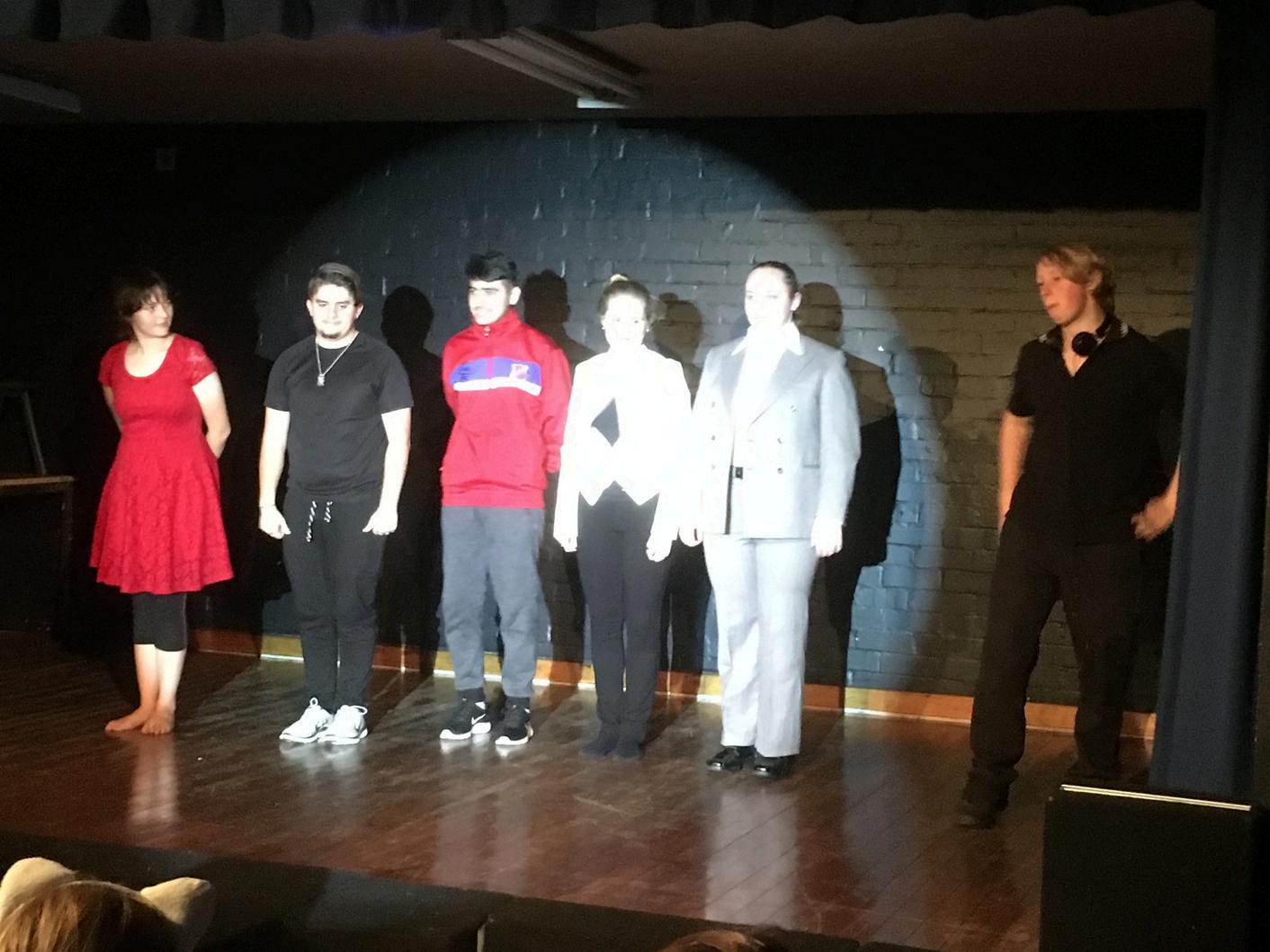
Senior Drama provides students with the opportunity to engage in collaborative and individual experiences to develop skills in interpretation, communication, performance and critical analysis. Students immerse themselves within the cultural traditions and social contexts of drama and theatre through critical study and experiences in practical workshop activities and performances, eventually equipping students with skills needed for real world applications

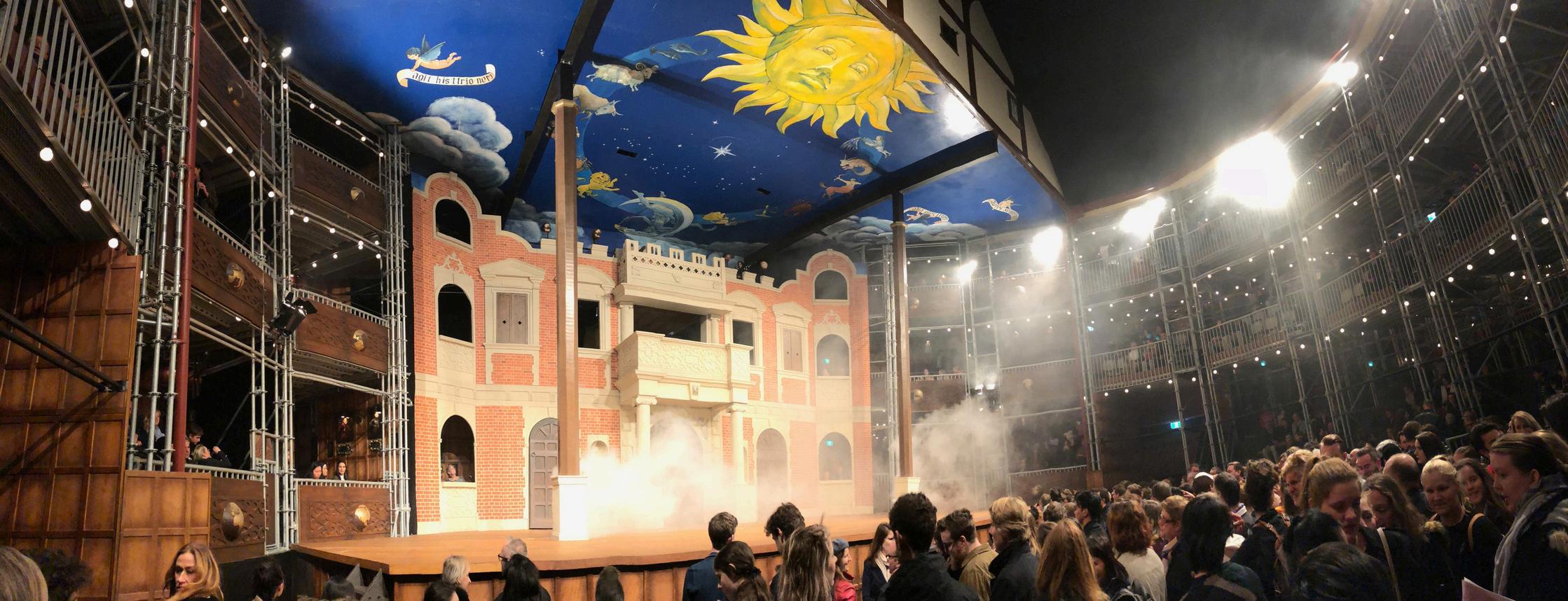
“If you have the skill and chance to change someone’s perspective or emotions, never waste that gift. It is one of the most powerful gifts one can possess—the ability to influence.”

Preliminary Course
Improvisation
Playbuilding
Acting Elements of

Production in Performance
Theatrical Traditions
Performance Styles
HSC Course
Australian Drama
Theatre Studies in Drama
Theatre Group
Performance
Individual Project: Either Critical Analysis OR Design OR Performance OR
Script Writing OR
Video Drama
Board Developed Course
ATAR accredited 2 Units
Course No 11120


The course aims to make practical sense of the built environment through the principles of Physics, Chemistry and Graphics Technology as they apply to the design and manufacture of everyday items, such as bicycles, bridges, lawnmowers cars and explore all form of technologies. Students will engage in base units to provide context to basic engineering principals During the course students will have access to hi tech equipment like wind tunnels, flight simulators, and testing machines providing a fun learning environment.
Particular course requirements
Students will require a calculator and a geometry set
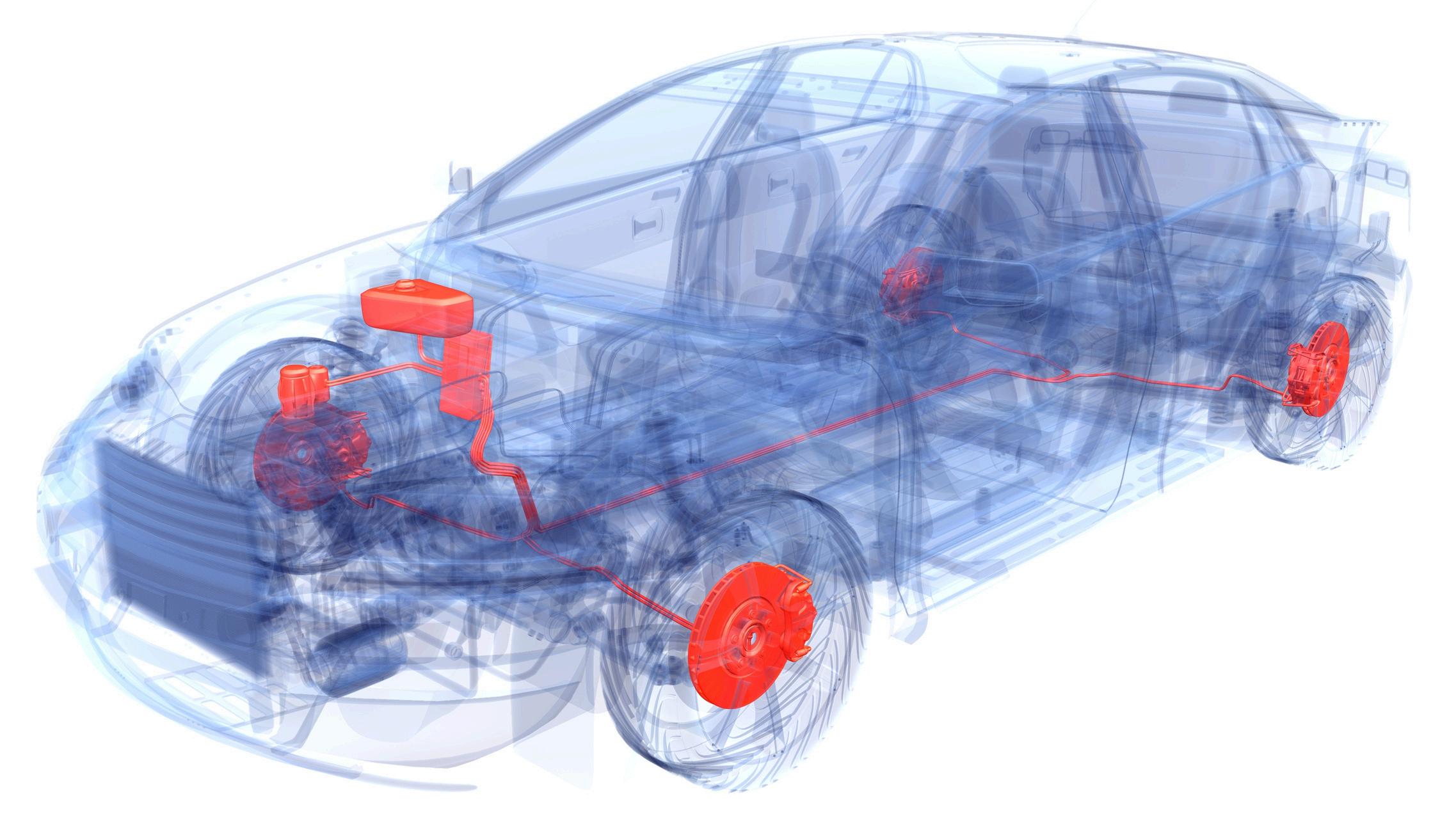
“Engineering studies is a great way to understand the how and why things a built, work and survive in the built environment under extreme conditions. Students will do many practical activities in class to help support their understanding which makes the subject connecting and enjoyable.”
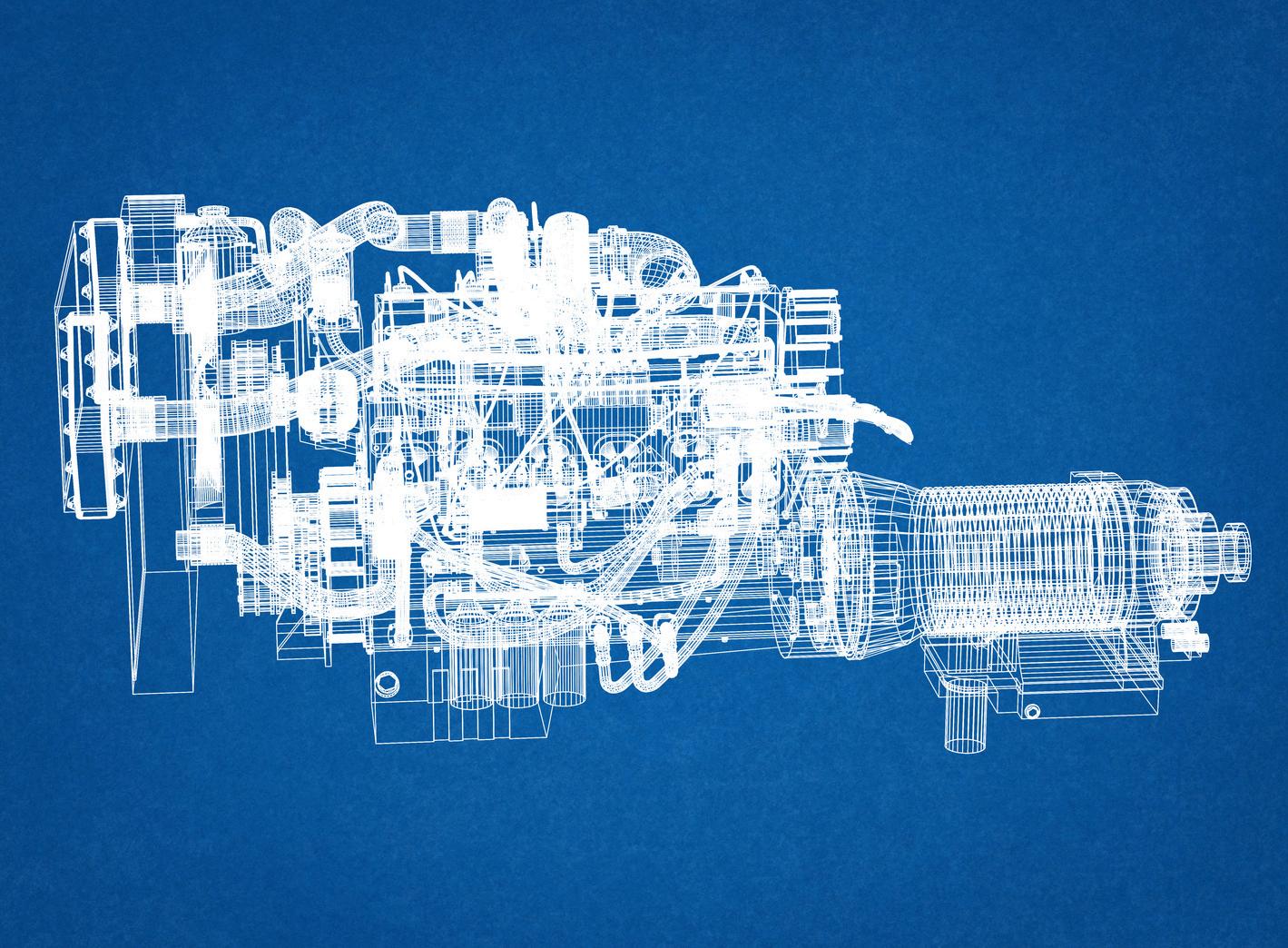

Preliminary Course

Engineering Fundamentals Engineered Products Braking Systems
Biomedical Engineering
HSC Course
Civil Structures Personal and Public Transport Aeronautical
Engineering Telecommunications
Board Developed Course
ATAR accredited
2 Units
Course No 11140


The English Advanced course is designed for students who have a particular interest and ability in the subject and who wish to engage with challenging literary texts from the past and present. This course provides students with the opportunity to explore, examine and analyse prose fiction, drama, poetry, nonfiction, film, media and multimedia.

"The Advanced course is a demanding one, suited to students with a genuine interest in literature and highly developed speaking and writing skills. It is the best choice for students who wish to be challenged through the study of highly sophisticated texts, and great preparation for tertiary study."

Preliminary Course
Common module
Reading to Write
Module A: Narratives that
Shape our World
Module B: Critical Study of
Literature
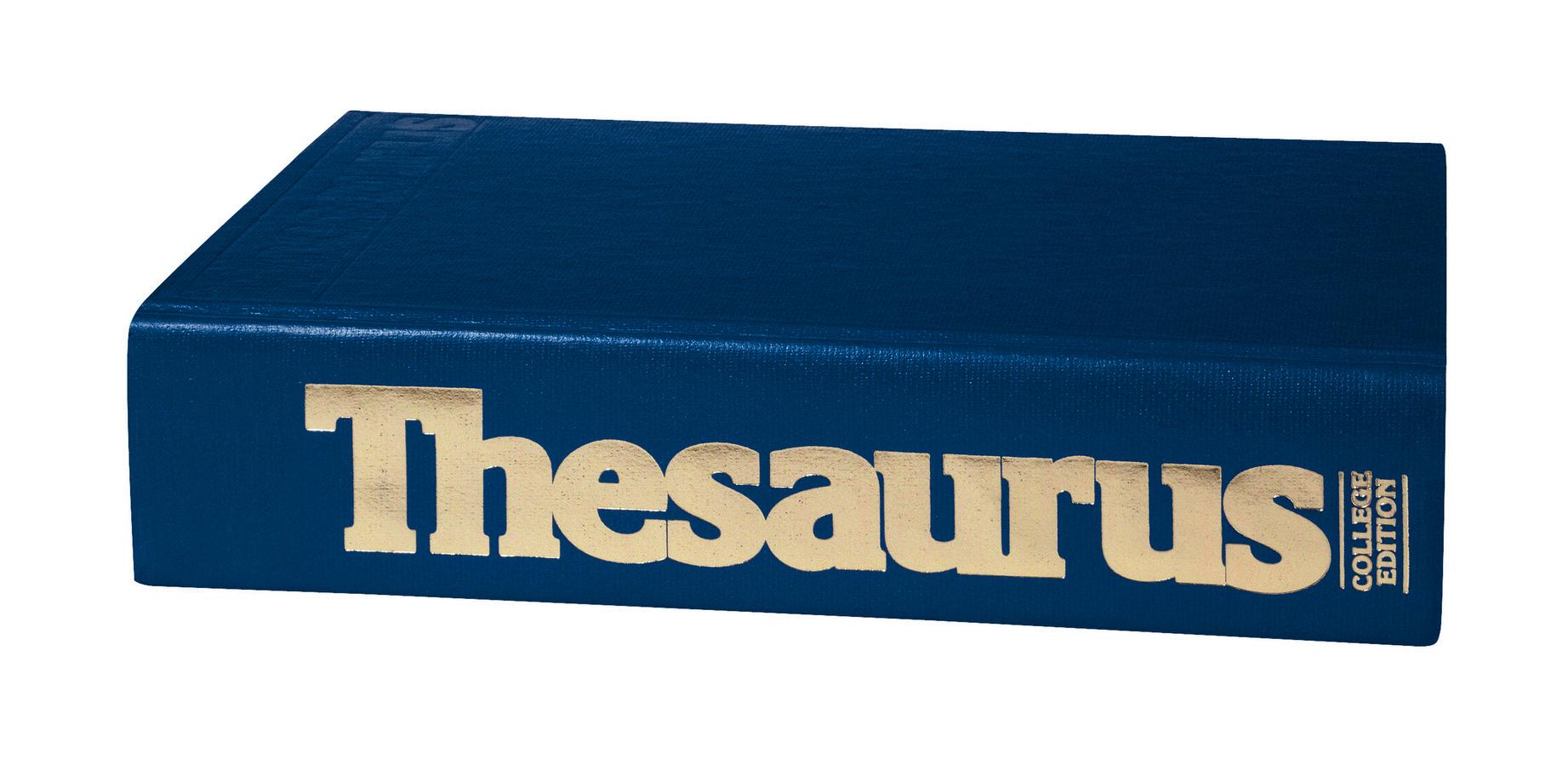
HSC Course
Common module
Texts and Human Experiences
Module A: Textual Conversations
Module B: Critical Study of Literature
Module C: The Craft of Writing
Board Developed Course
ATAR accredited
2 Units
Course No 11150


The English Extension 1 course provides students who undertake Advanced English and are accomplished in their use of English. This subject provides the opportunity to extend their use of language and self-expression in creative and critical ways. Students will engage with increasingly complex concepts through a broad range of literature, from a range of contexts
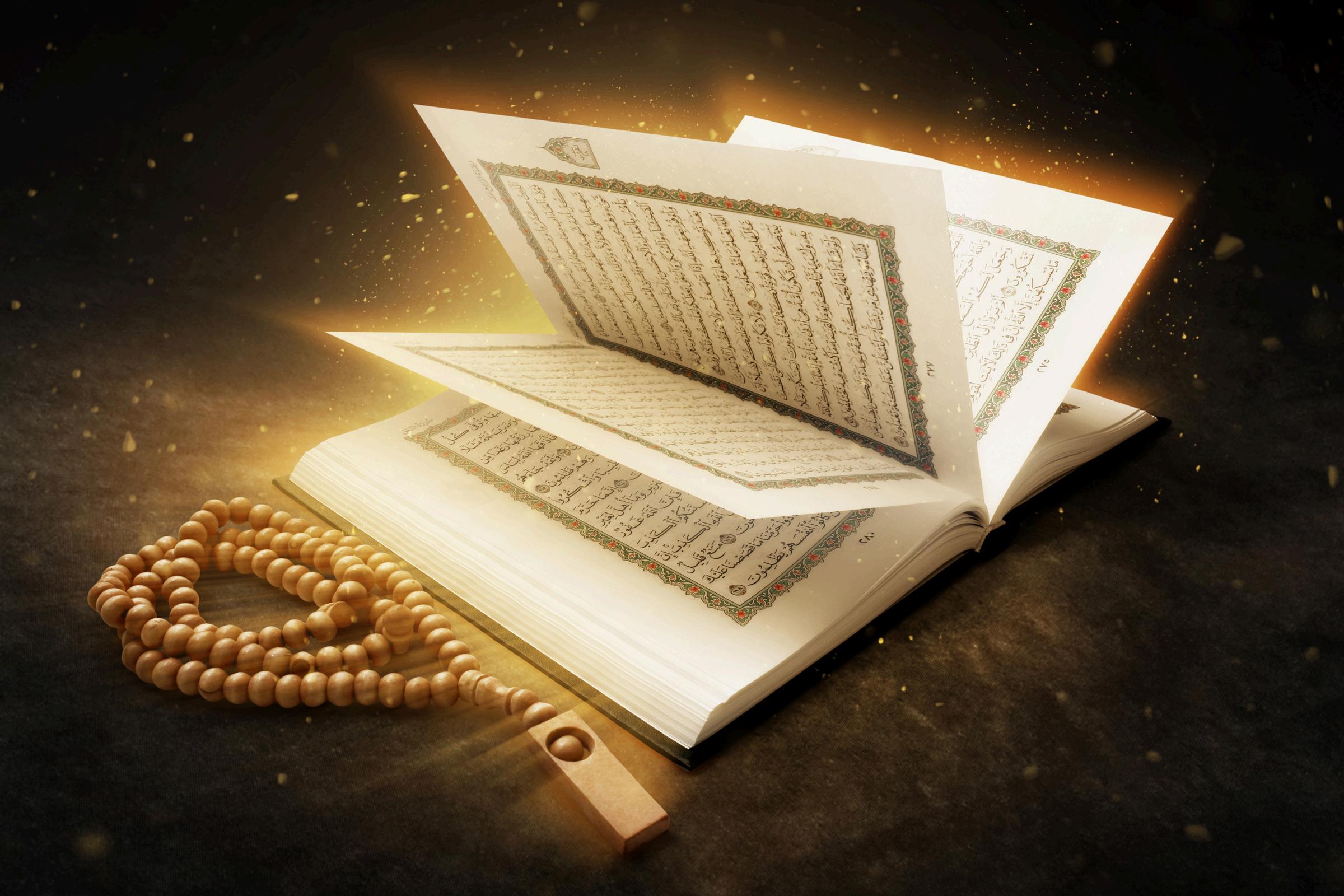
“Those who wish to explore highly complex ideas in texts, and evaluate their multiple meanings are best suited for this course.
Extension 1 will intellectually challenge students and it is designed for those with a deep interest in literature."

Preliminary Course Module
Texts, Culture and Value
Teachers prescribe ONE text from the past and its manifestations in one or more recent cultures.
A related research project is undertaken concurrently with the preliminary module, and students must research a range of texts as part of this independent project

HSC Course
Common module: Literary Worlds with ONE elective option.
Elective option involves the study of at least THREE texts must be selected from a prescribed text list for the module study including at least TWO extended print texts.
Students are also required to study at least TWO related texts.
Board Developed Course
ATAR accredited
2 Units
Course No 11130
Particular course requirements
Students who are considering Standard should be aware that while Shakespeare is an option in some modules, it will NOT be part of the Preliminary or HSC course at THSHS.


The English Standard course is designed for students who have a diverse range of literacy skills to analyse, study and enjoy a variety of English texts. Students engage with texts that include quality literature from the past and contemporary texts from Australia and other cultures.

"Standard is a course that suits students with a range of abilities who wish develop their skills in English. The diverse approach to texts would suit those who appreciate modern literature and will help students develop analysis skills and become effective communicators in their post-school careers."

Preliminary Course
Common module
Reading to Write
Module A: Contemporary
Possibilities
Module B: Close Study of Literature

HSC Course
Common module
Texts and Human Experiences
Module A: Language, Identity & Culture
Module B: Close Study of Literature
Module C: The Craft of Writing
Board Developed Course
ATAR accredited
2 Units
Course No 11300
HSC Exam Optional

The English Studies course is designed to provide students with opportunities to become competent communicators and focuses on the development of literacy and literary skills. Texts from a range of everyday, social, cultural, academic, community and workplace contexts will be explored. It will assist students in the world of work, as well as post-school training and education.
Particular course requirements
Students studying HSC English Studies are able to sit an optional HSC English Studies examination Students studying English Studies who want to obtain an ATAR must sit the HSC examination.


“English Studies is best suited for students who wish to develop their literacy skills and desire a more practical approach to the study of texts. This course has real life applications, and is best suited to those who need to consolidate and refine their skills in personal, social and vocational situations.”
Preliminary Course

Mandatory module: Reading to Write, Transition to English Studies
An additional 2–4 modules to be studied

HSC Course
Mandatory modules: Narrative and Human Experience, Writing for Purpose
An additional 2–4 modules to be studied
Board Developed Course
ATAR accredited
2 Units
Course No 11180
Course Fee: $50
Particular course requirements
There is no prerequisite study for the 2 unit Preliminary course. Completion of the 2 unit Preliminary course is a prerequisite to the study of the 2 unit HSC course. In order to meet the course requirements, students study food availability and selection, food quality, nutrition, the Australian food industry, food manufacture, food product development and contemporary nutrition issues It is mandatory that students undertake practical activities. Such experiential learning activities are specified in the ‘learn to’ section of each strand.

Food Technology provides students with the opportunity to develop broad knowledge and understanding about nutrition, diet and health in Australia, food availability and selection Students investigate the Australian Food Industry, the production, processing, packaging, storage and distribution of food and the marketing of food products. Practical skills in developing, experimenting, planning, preparing and presenting food are integrated throughout the course

“This subject will provide you with hands on experience experimenting with an array of ingredients to make innovative and nutritious food products.”
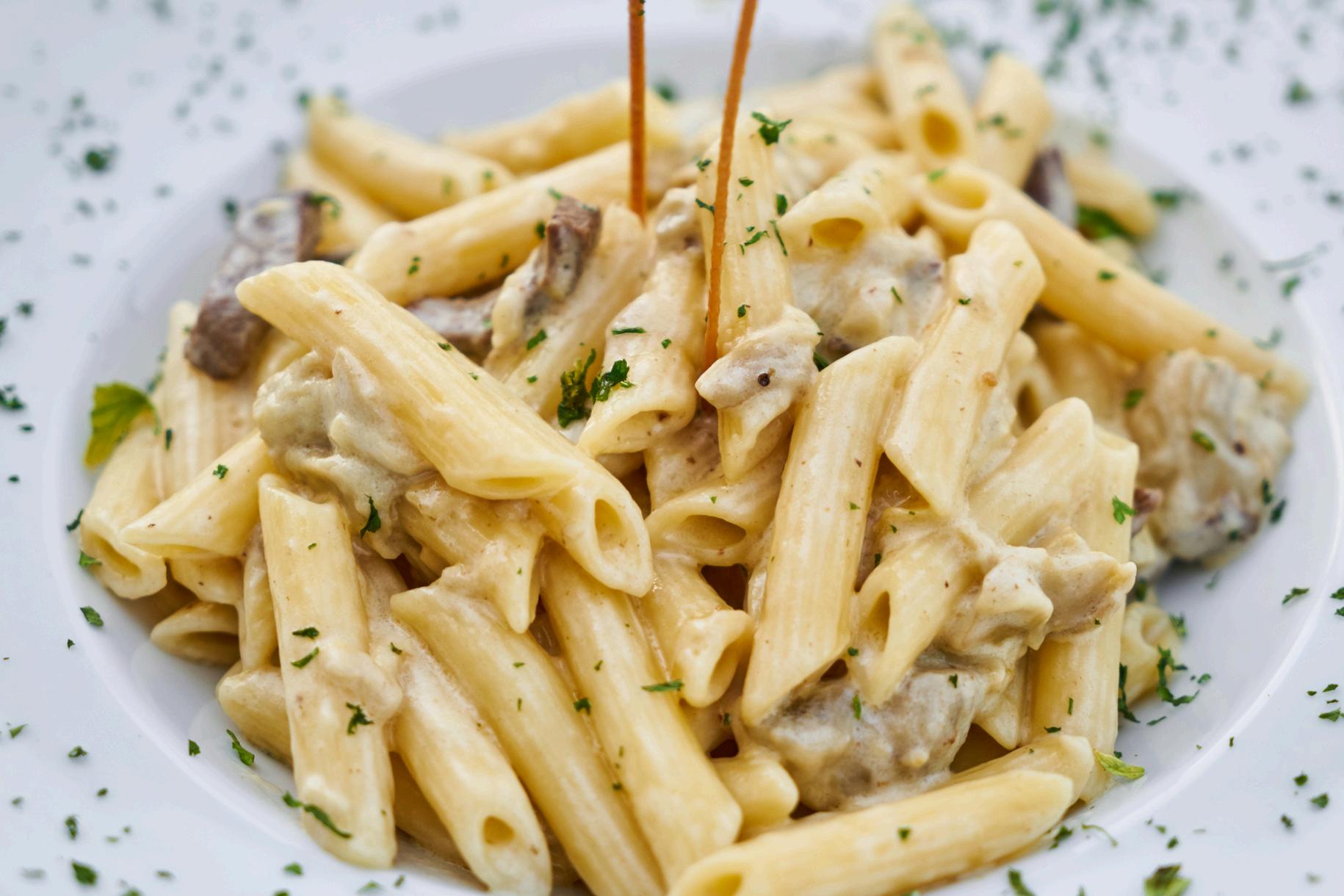

Preliminary Course
Food Availability and Selection - 30%
Food Quality - 40%
Nutrition - 30%
HSC Course
The Australian Food Industry - 25%
Food Manufacture - 25%
Food Product Development - 25%
Contemporary Nutrition Issues - 25%.
Board Developed Course
ATAR accredited
2 Units
Course No 11300
Particular course requirements
Students need to be aware that this subject is predominantly theory work. There is only limited opportunity to participate in practical activities.


The Health and Movement Science 11–12 Syllabus is shaped by 5 propositions. Year 11 is organised into 2 focus areas: Health for individuals and communities; and The body and mind in motion. Year 12 is organised into 2 focus areas: Health in an Australian and global context; and Training for improved performance. Depth studies are also to be embedded in Years 11 and 12, and a Collaborative Investigation embedded in Year 11. The skills of collaboration, analysis, communication, creative thinking, problem-solving and research underpin the syllabus content These skills encircle the syllabus structure along with the propositions ‘Focus on educative purpose, take a strengthsbased approach, value movement, develop health literacy and include a critical inquiry approach’
MOVEMENT

“This subject is great for student athletes. They can relate their experiences in training and games to the concepts in the course. It helps any student who wants a career in sport and health services.”
Preliminary Course
Health for Individuals and Communities
The body and mind in motion
Collaborative Investigation
Depth studies (minimum of 2)
HSC Course
Health in an Australian and global context
Training to improve performance
Depth studies (minimum of 2)
Board Developed Course
2 Units Course
No 11200
Course fee of $120 for Yr 11
Course fee of $150 for HSC
Particular course requirements
Students pay and supply for their own materials and hardware (HSC Major Work).
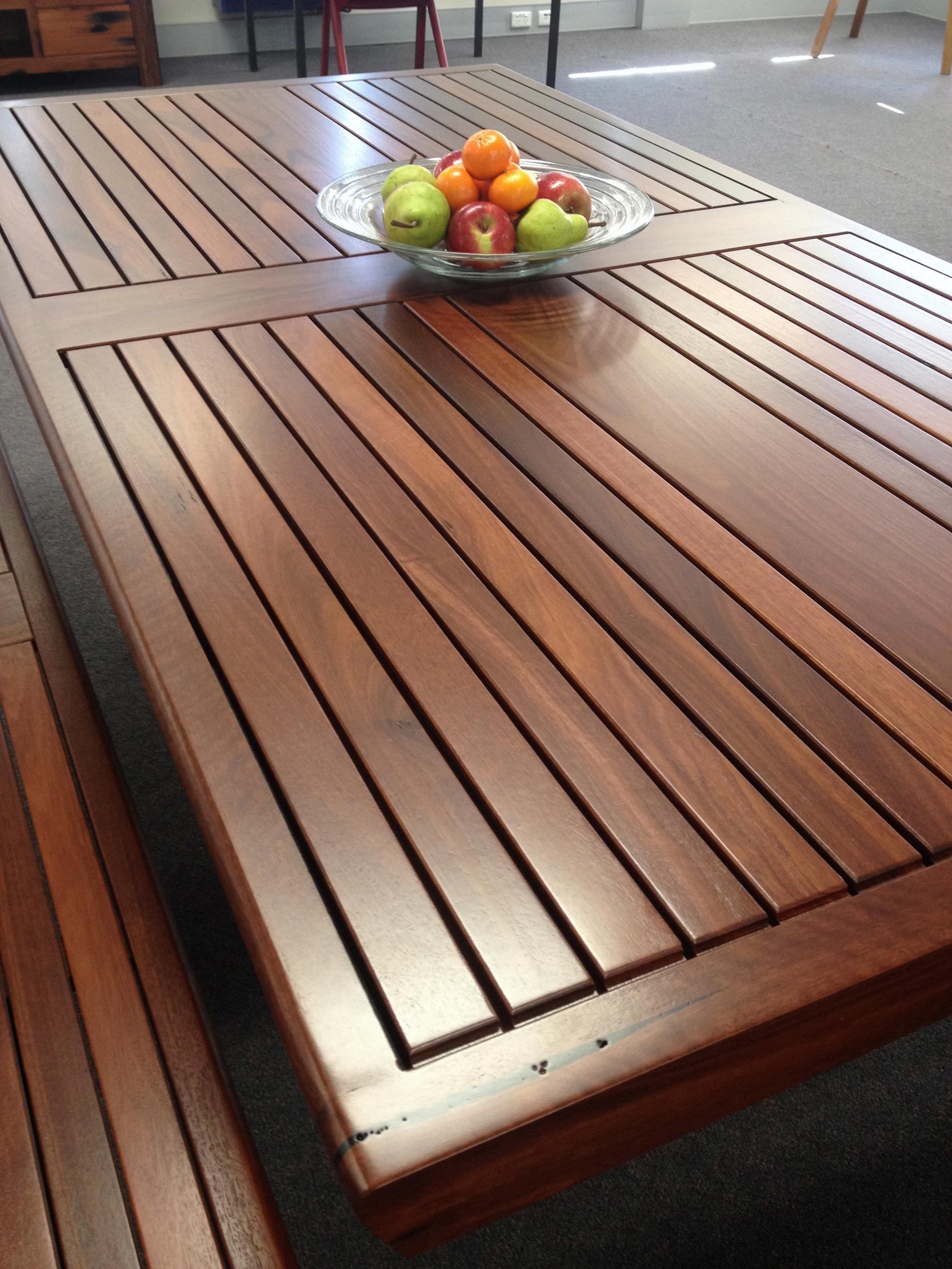

The study of Industrial Technology provides students with opportunities to design and create a major project and folio using a diverse range of technologies used in industry Related knowledge and skills are developed through a specialised approach to the tools, materials, equipment and techniques employed in the planning, development and construction of a quality project At The Hills Sports High School we continue to excel in Industrial Technology, with first class facilities and tools paving the way for student success. Industrial Technology at The Hills Sports High School has provided students with excellent results and most classes achieving well above the state average.

“Industrial Technology allows you to explore your creativity through design, management and construction of a major timber project. Students will build their projects in a modern workshop with the latest tools and equipment.“
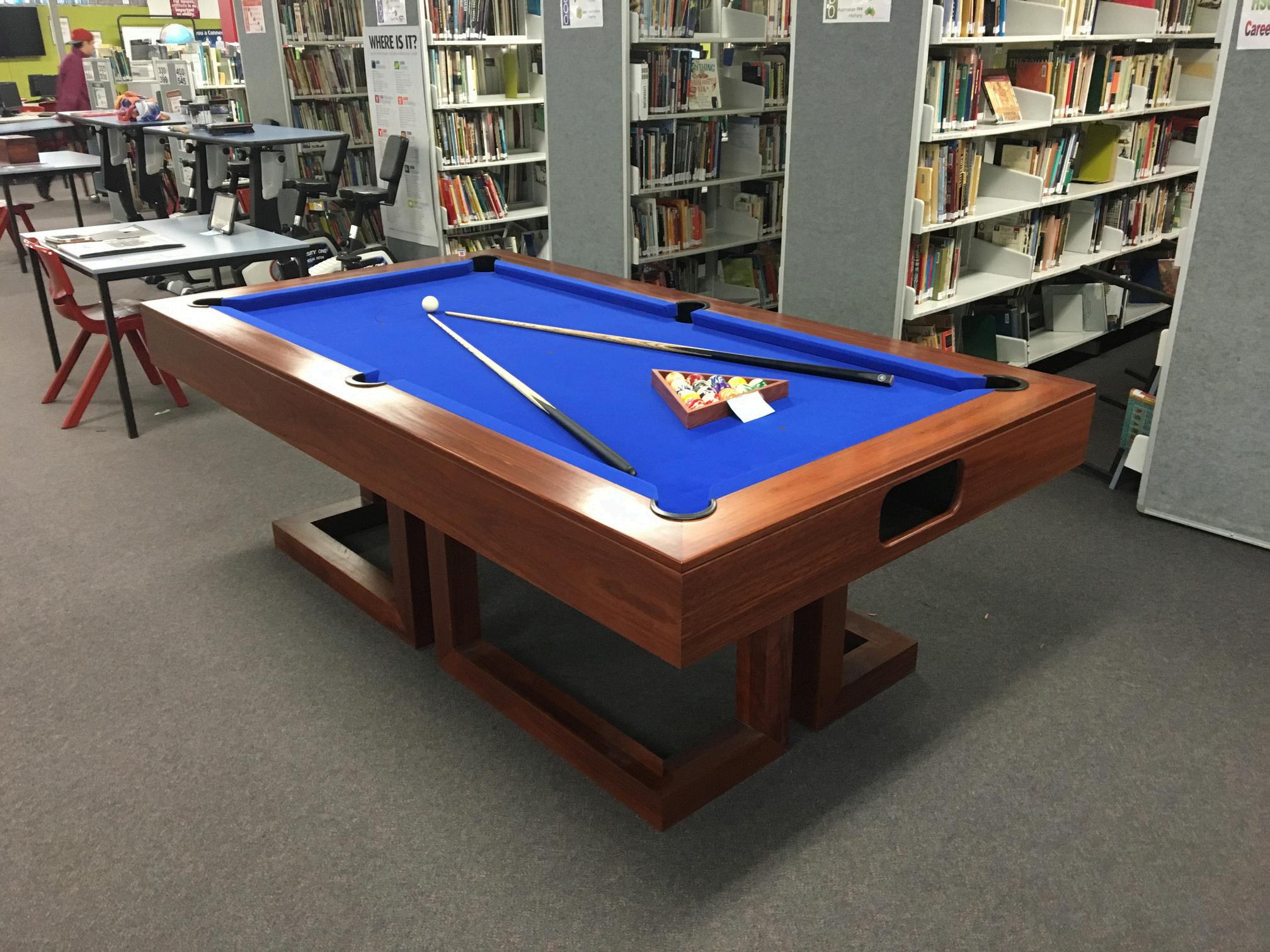
Preliminary Course
Industry Study 15%
Design 10%
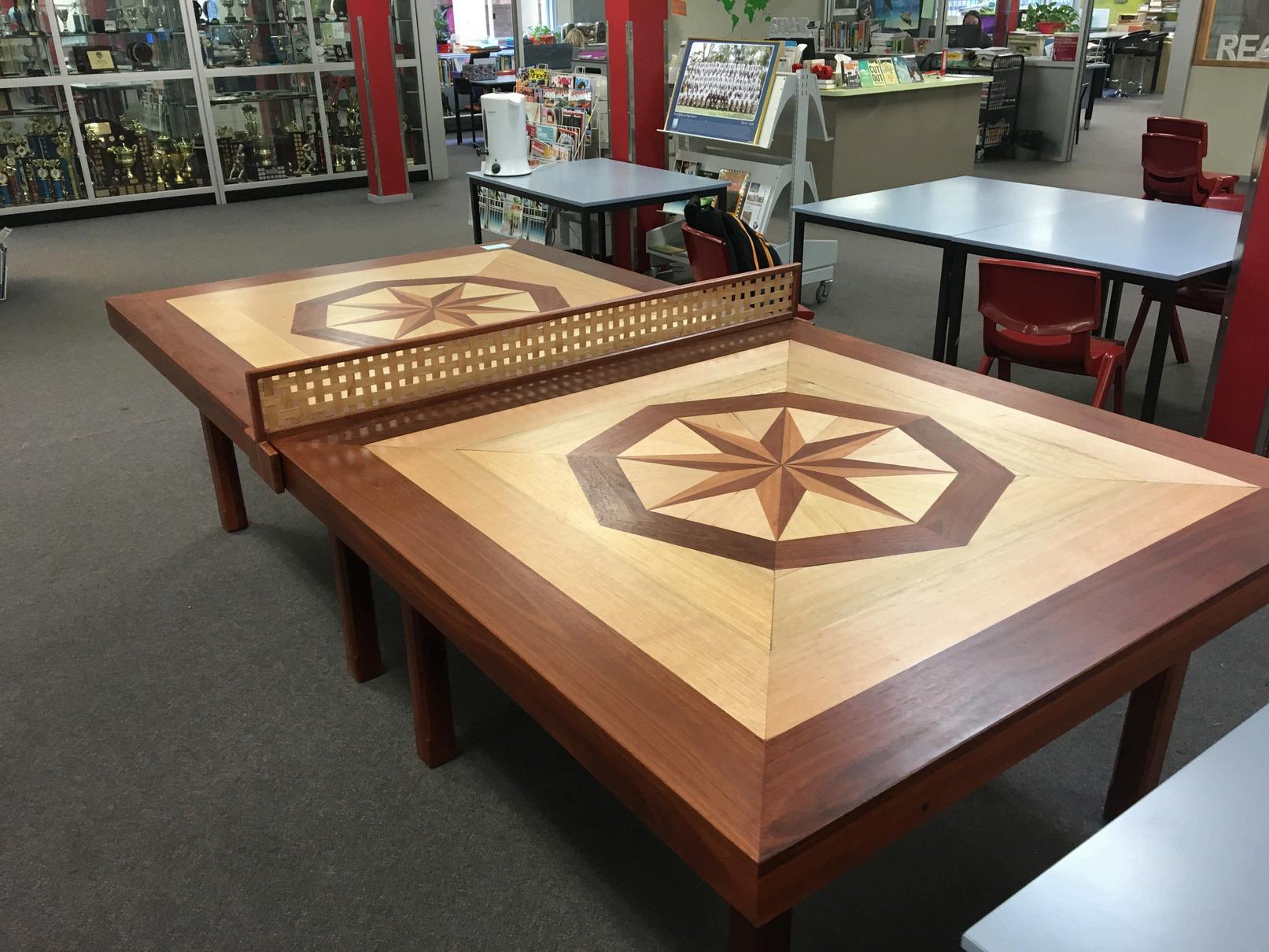
HSC Course
Industry Study 15% Major Project 60%
Design, Management and Communication
Related Manufacturing Technology 25%
.
Board Developed Course
ATAR accredited 2 Units
Course No 11220
Particular course requirements
Students will have to complete several extended response style questions in the HSC.


Legal Studies provides students with legal awareness and knowledge of the legal system. Legal Studies prepares students for the workplace, and equips students with the skills they need to become more informed, and active citizens of the community. In Legal Studies, students learn about the individual and the law, legal processes and structures in Australia, including the court system and the rights and responsibilities of individuals Legal studies develops the research, communication and writing skills of students.

“If you want to become a better informed and more active member of society, then Legal Studies is a subject that lets you understand the way we interact with the law, and how the law relates to us.”


Preliminary Course
Part 1 - The Legal System
Part II – The Individual and the Law
Part III – The Law in Practice
HSC Course
Core Part I: Crime Part II: Human Rights
Option 1: Consumer Law
Option 2: Family Law
Board Developed Course
ATAR accredited
2 Units
Course No 11240
Particular course requirements
The course is constructed on the assumption that students have achieved the outcomes in the core of the Stage 5.2 Mathematics course for Stage 5, along with the recommended options.


The course is intended to give students who have demonstrated general competence in the skills of Stage 5 Mathematics, an understanding of and competence in some further aspects of mathematics which are applicable to the real world. It has general educational merit and is also useful for concurrent studies in science and commerce. The course is a sufficient basis for further studies in mathematics as a minor discipline at tertiary level in support of courses such as the life sciences or commerce. Students who require substantial mathematics at a tertiary level supporting the physical sciences, computer science or engineering should undertake the Mathematics Extension 1 course or both the Mathematics Extension 1 and Mathematics Extension 2 courses.
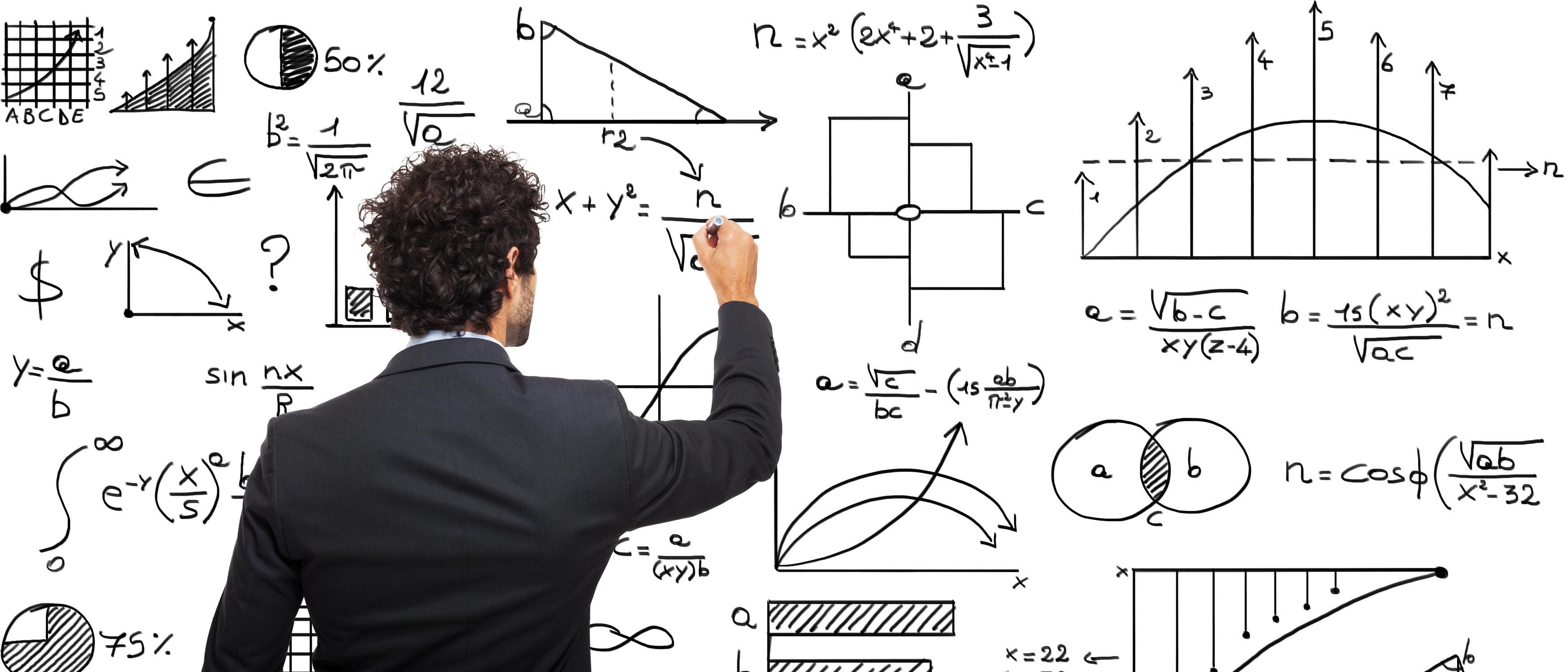
Students considering this course will have studied at least part of the 5.3 content in year 10 and have been in 10S or 10M1.”
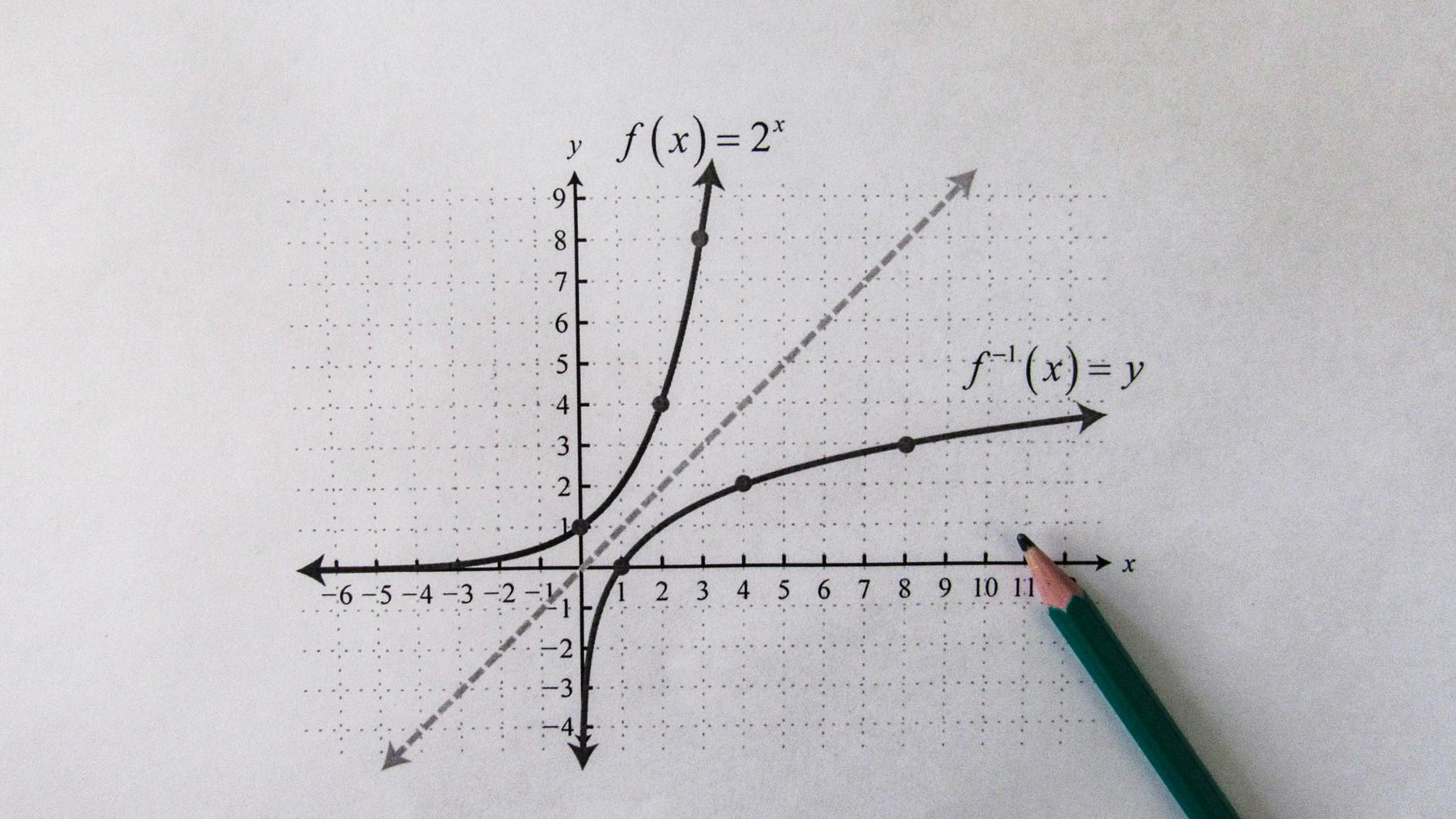
Preliminary Course
Working with Functions
Trigonometry and measure of angles
Trigonometric functions and identities
Introduction to differentiation
Logarithms and exponentials
Statistical Analysis and Probability

HSC Course
Functions – graphing techniques
Trigonometric Functions and graphs
Differential Calculus
Application of differentiation
Integral calculus
Modelling Financial situations
Descriptive statistics and bivariate data
Random variables
Board Developed Course
ATAR accredited
2 Units
Course No 11250
Particular course requirements
The course is constructed on the assumption that students have achieved the outcomes in the core of the 5.3 level course in the Mathematics Years 9/10 Syllabus along with the recommended options

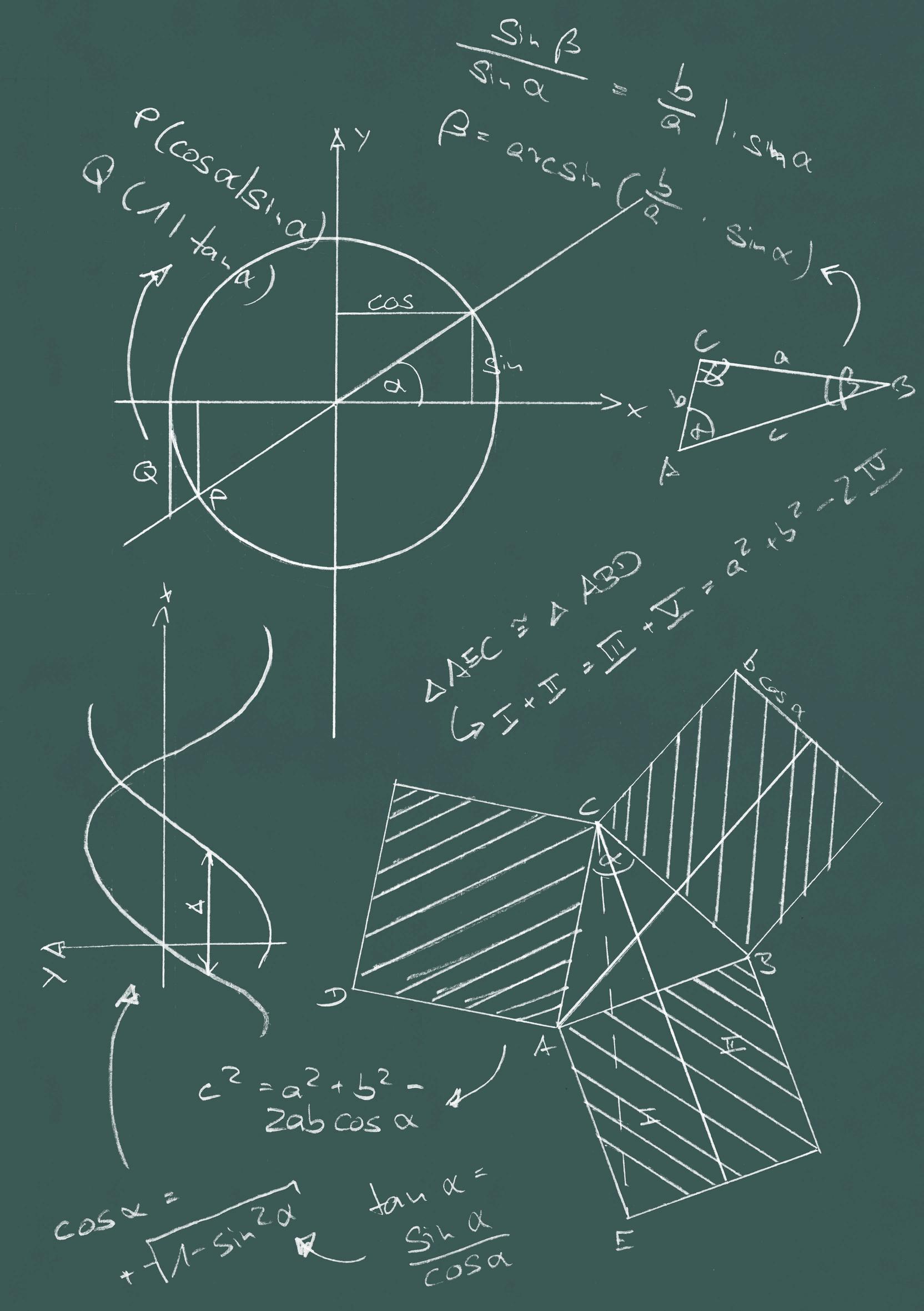
The content of this course and its depth of treatment indicate that it is intended for students who have demonstrated a mastery of the skills of Stage 5 Mathematics and who are interested in the study of further skills and ideas in mathematics. The course is intended to give these students a thorough understanding of and competence in aspects of mathematics, including many which are applicable to the real world. It has general educational merit and is also useful for concurrent studies of science, industrial arts and commerce. The course is a recommended minimum basis for further studies in mathematics as a major discipline at a tertiary level and for the study of mathematics in support of the physical and engineering sciences. Although the course is sufficient for these purposes, students of outstanding mathematical ability should consider undertaking the Mathematics Extension 2 course.
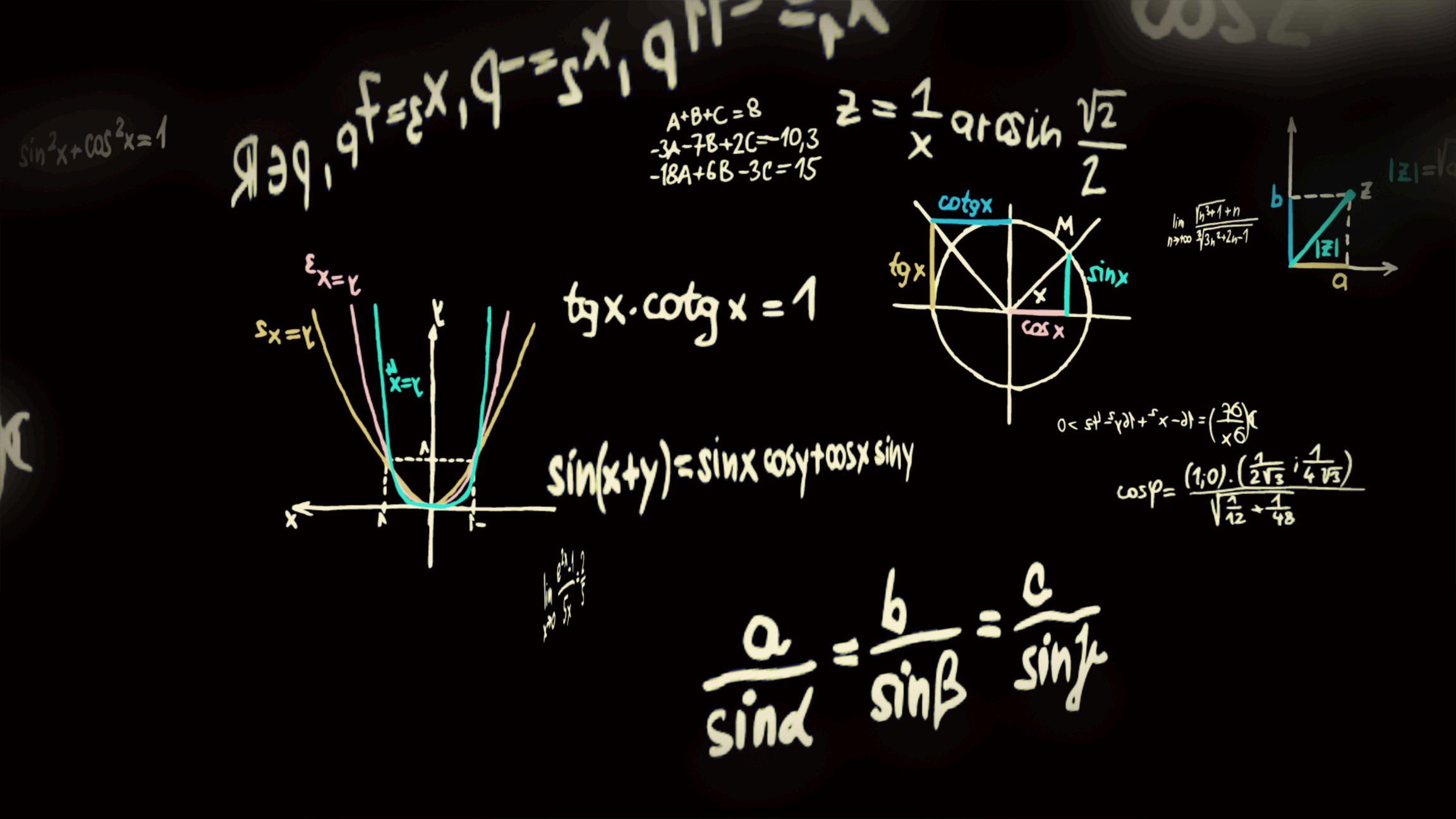
“This is a 1 unit subject in addition to Mathematics Advanced. It should not be considered unless you are looking at continuing mathematics into tertiary education.”

Preliminary Course
Further work with functions
Polynomials
Inverse trigonometric functions
Further trigonometric identities
Rates of change
Working with combinations
Harder applications of the
Preliminary Mathematics course

HSC Course
Proof by mathematical induction
Introduction to Vectors
Trigonometric Equations
Further calculus skills
Applications of calculus
The Binomial Distribution
KEY POINTS
Board Developed Course
ATAR accredited
2 Units
Course No 11060


The Mathematics Standard Year 11 course is a common course for all students studying the Mathematics Standard syllabus. Mathematics Standard students use mathematics to make informed decisions in their daily lives. Students develop understanding and competence in mathematics through real-world applications. These skills can be used in a range of concurrent HSC subjects The Year 11 course is undertaken by all students intending to study either the Mathematics Standard 1 Year 12 course (category B) or the Mathematics Standard 2 Year 12 course (category A).
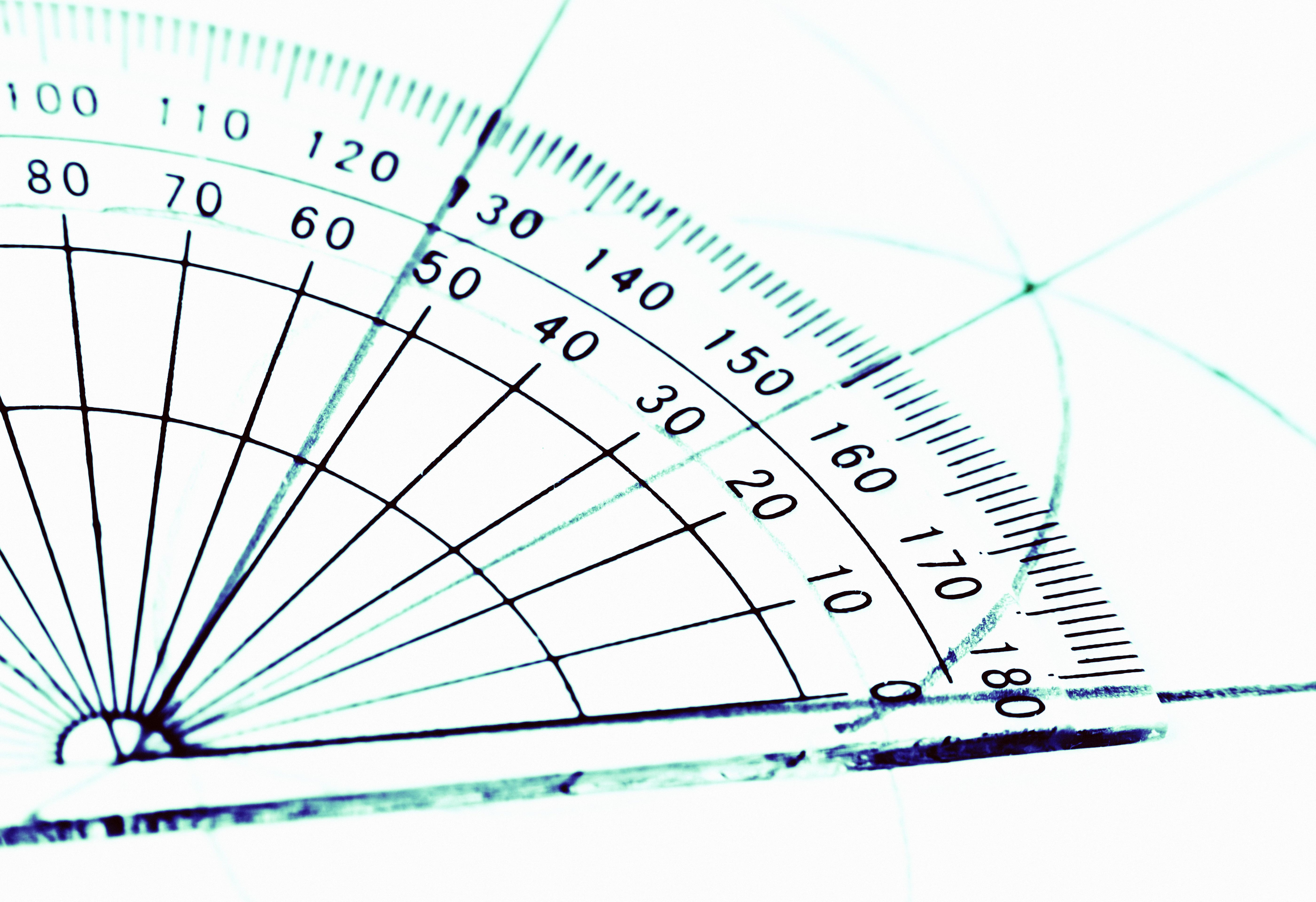

“This course is recommended for students who are competent in Mathematics and are seeking an ATAR but do not wish to do Advanced Mathematics.”
The Mathematics Standard Year 11 course has been developed on the assumption that students have studied the content and achieved the outcomes of the Mathematics Years 7–10 Syllabus and, in particular, the content and outcomes of all substrands of Stage 51 and the following substrands of Stage 5.2: Area and surface area, Financial mathematics, Linear relationships, Non-linear relationships, Right-angled triangles (Trigonometry), Single variable data analysis, Volume, some content from Equations, some content from Probability.
The Mathematics Standard Year 11 course content comprises four Topics, with the Topics divided into Subtopics.
Algebra *Formulae and Equations *Linear Relationships
Measurement *Applications of Measurement *Working with Time
Financial Mathematics *Money Matters
Statistical Analysis *Data Analysis *Relative Frequency and Probability
Board Developed Course
ATAR accredited
2 Units
Course No 11270
Particular course requirements
Students should be aware that this is a subject which requires extended response and essay writing


The Year 11 course provides students with opportunities to develop and apply their understanding of methods and issues involved in the investigation of modern history. Students have the opportunity to engage in the study of a range of people, ideas, movements, events and developments that have shaped the modern world The Year 12 course provides students with opportunities to apply their understanding of sources and relevant issues in the investigation of the modern world. Through a core study, students investigate the nature of power and authority from 1919 to 1946 They also study key features in the history of one nation, one study in peace and conflict, and one study of change in the modern world.

“Modern History provides an interesting look into the events that helped shape who we are, and give us the ability to examine what lessons we can take from the past.”

Preliminary Course
Historic Sites and Sources
Construction of Modern History
Cuba Romanovs
World War One

HSC Course
Core Study: Power and Authority: Nazi Germany, Stalinist Russia and Mussolini's Italy
National Study: Japan Conflict in Europe Civil Rights in the United States
Board Developed Course
ATAR accredited
2 Units
Course No 11280
Particular course requirements
Students need to have a positive attitude and motivation. Some ability playing an instrument or singing experience is beneficial.


Music 1 is a course that is accessible to all students, beginner to advanced. Students do not need to have studied Music in the years prior, although that is helpful. Student who study Music will have the opportunity to play instruments, learn and present Viva Voce and be involved in performances and showcases.

“Music is a creative outlet and helps you express your emotions.”

Preliminary Course
A study of three topics, see examples below
Performance
Composition
Musicology
Aural
Suggested Topics include:
Popular Music
Music of the 20th & 21st
Centuries
Jazz Music

HSC Course
A study of three new topics
Performance
Composition
Musicology
Aural
Rock Music
Music & Technology
An Instrument & its repertoire
Board Developed Course
ATAR accredited
2 Units
Course No 11060


The Physics Stage 6 course explores the study of matter and its motion through space and time, along with related concepts that include energy and force It explores phenomena on scales of space and time – from nuclear particles and their interactions up to the size and age of the Universe. This allows students to better understand the physical world and how it works, appreciate the uniqueness of the Universe, and participate in navigating and influencing the future. The study of physics provides the foundation knowledge and skills required to support participation in a range of careers. It is a discipline that utilises innovative and creative thinking to address new challenges, such as sustainability, energy efficiency and the creation of new materials.

This course includes carrying out scientific investigations which comprises of both first hand and secondary-sourced investigations First hand investigations are an essential part of both the Year 11 and the Year 12 course and will occupy a minimum of 35 hours of course time (in both years), including time allocated to practical investigations in depth studies. Both the Year 11 and Year 12 courses include a depth study A depth study is any type of investigation/activity that a student completes individually or collaboratively that allows further development of one or more concepts found within or inspired by the syllabus 15 indicative hours of class time will be dedicated for the depth study in both years Depth studies may involve attending an excursion which may incur fees
Year 11 Course
Module 1 - Kinematics
Module 2 - Dynamics
Module 3-Waves and Thermodynamics
Module 4 - Electricity and Magnetism
Year 12 Course
Module 5 - Advanced Mechanics
Module 6 - Electromagnetism
Module 7 - The Nature of Light
Module 8- From the Universe to the Atom
Board Developed Course
ATAR accredited 2 Units
Course No 11330
Particular course requirements
This is a subject which requires a lot of conceptual thinking. The Personal Interest Project in Year 12 is a major research project worth 40% of the external HSC mark. It requires 3 terms to complete and is externally marked. .


Society and Culture develops social and cultural literacy and a clear understanding of the interactions of persons, society, culture, environment and time, and how these shape human behaviour. The course draws on cross-disciplinary concepts and social research methods, and students undertake research in an area of particular interest to them. The research findings are presented for external assessment in the Personal Interest Project (PIP). SOCIETY

“Society and culture will allow your opinions to be heard and challenged by those around you, the social forces and constructs that form us as individuals, while also learning how we fit into the patterns of wider society. Learning differing ideological beliefs that shape the current events and conflicts of the world, the subject is therefore highly relevant to your life and those around you.”

Preliminary Course
The Social andCultural
World Personal and Social
Identity Intercultural Communication

HSC Course
Social and Cultural Continuity and Change
The Personal Interest Project (PIP) Popular Culture Social Inclusion and Exclusion
BoardDevelopedCourse ATARaccredited 1Unit/2Units CourseNo11350/11360
Particularcourserequirements
Studentsneedtobeawarethatthis subject is predominantly theory work. There will, however be opportunities to visit religious sites andplacesofworship.
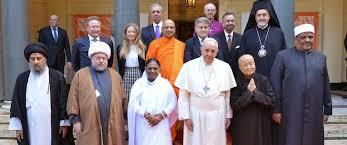
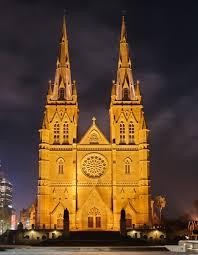
Religion has been and is an integral part of human experience and a component of every culture An appreciation of society is enhanced by an understanding of religion, its influence on human behaviour and interactionwithinculture.
Studies of Religion investigates the significance of the role of religion in society and, in particular, within Australian society This course enables students who live in a multifaith and multicultural society to progress from a broad understanding of religious traditions to specific studies within thesetraditions.

Whether one believes in religion or not, whether one believes in this religion or that religion, we all are seeking something better in life” - Dalai Lama
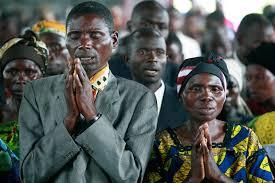
PreliminaryCourse
TheNatureofReligionandBeliefs
ReligiousTraditionDepthStudies:
Optionsfrom:
Christianity,Judaism,Buddhism, Hinduism&Islam
2UnitTopics: ReligionsofAncientOrigin ReligioninAustraliapre-1945
HSCCourse
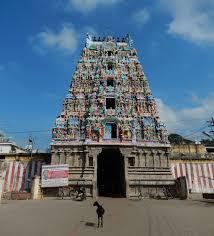
ReligionandBeliefSystemsin Australiapost-1945
ReligiousTraditionDepth Studies
Options2-3
2UnitTopics: ReligionandPeace ReligionandNon-Religion
Board Developed Course
ATAR accredited
2 Units
Course No 11380
Particular course requirements
Students need to be aware that this course is 50% theory work, and 50% practical artmaking. Students also must have a Visual Art Process Diary.
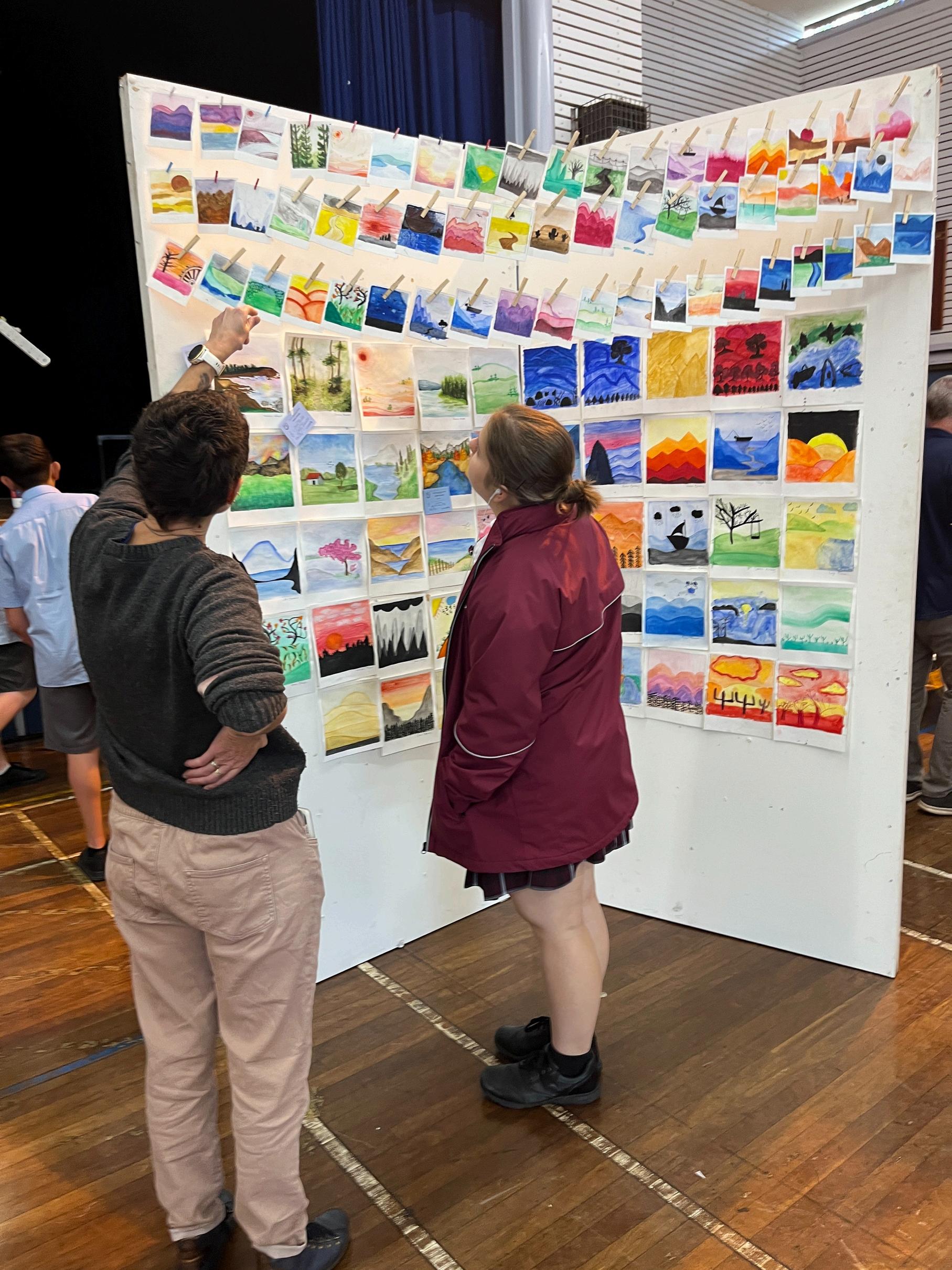

Visual Art involves students building and refining their artmaking skills, while also developing their understanding of artists, the art world and their artworks. Students will create artworks with direction in the preliminary course and then be able to develop their own artistic voice to create a Body of Work in the HSC course. Students will learn about a variety of artists that are traditional and thought provoking, whilst also learning write about art in a formal manner

“Visual Art is a great subject because it allows students to develop thought and opinions of their own. It allows students to be hands on in their artmaking but also allows them to continue to study interesting artists.“


Preliminary Course
Theory 50%
Students must complete 3 case studies complied of artists and artworks through the key concepts.
Artmaking 50%
Students will create a range of artworks which explore a variety of artmaking.
HSC Course Theory 50%
Students must complete 5 case studies complied of artists and artworks through the key concepts.
Artmaking 50%
Students will spend the full year creating their own Body of Work, an artwork which shows concept, artistic skill and refinement chosen by the student.



There are two types of Board Endorsed Courses – Content Endorsed Courses and School Designed Courses.
Content Endorsed Courses have syllabuses endorsed by the NSW Education Standards Authority (NESA) to cater for areas of special interest not covered in Board Developed Courses. Many EVET courses (which are written and delivered by Registered Training Organisations -RTOs) have Content Endorsed status granted by the Board
There is no external examination for Board Endorsed Courses. Assessment is school based.
All Board Endorsed Courses count towards the Higher School Certificate and appear on the student’s Record of Achievement. Board Endorsed Courses, however, do not count in the calculation of the Australian Tertiary Admission Rank (ATAR)
Content Endorsed Courses may be studied as 2 units Preliminary then HSC courses
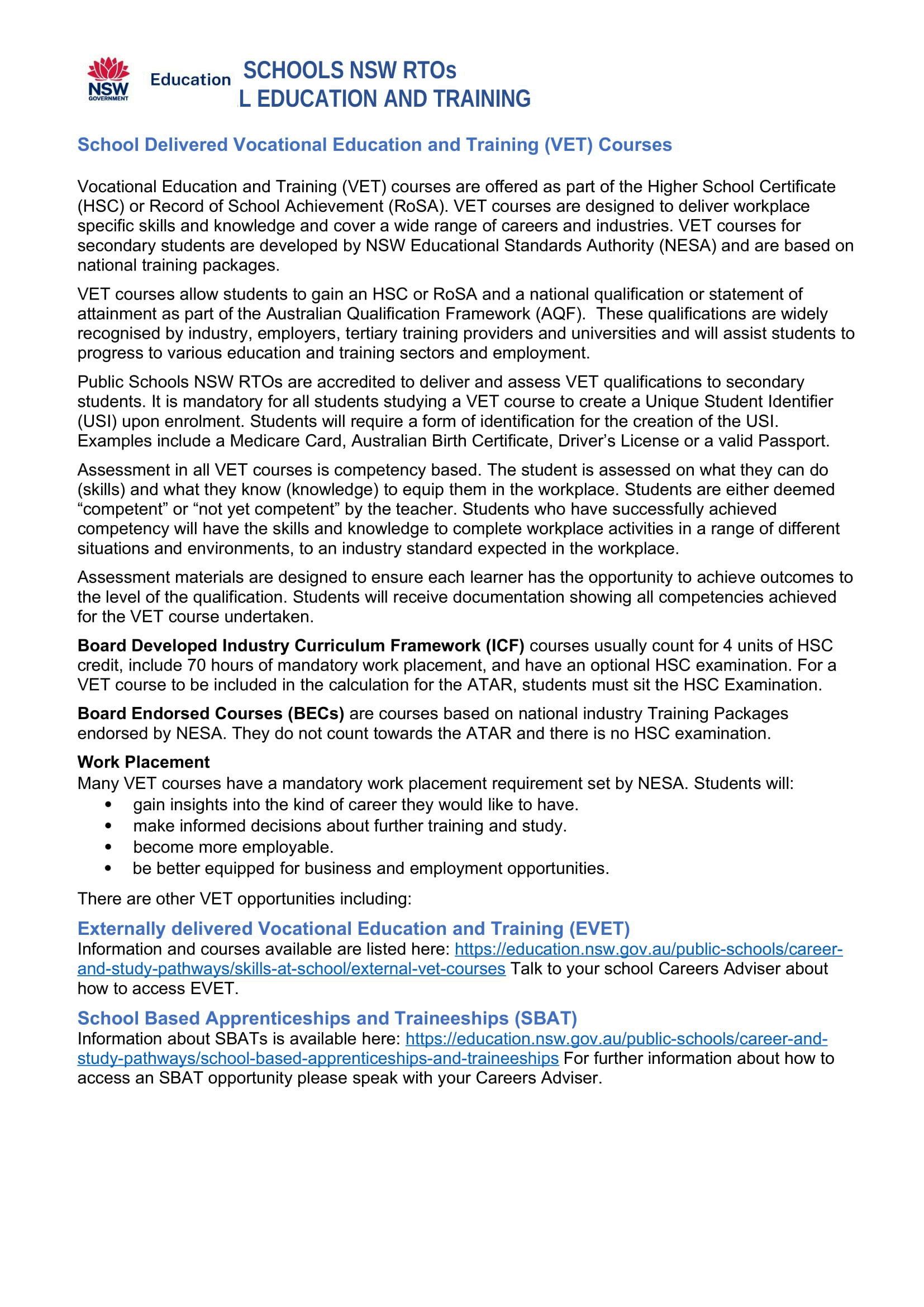
Board Developed Course
ATAR accredited 2 Units
Course No 26521
Course Year 11 $200 - cover uniform purchase and consumables.
Course fee Year 12 $100 for consumables
Particular course requirements
Students are required to complete a minimum of 70 hours mandatory industry specific work placement. This is a NESA course requirement for students to attain their HSC in this course.

Certificate II in Hospitality (Food & Beverage) is a subject for students who are interested in working in a hospitality environment preparing and serving food and beverages to customers. All staff delivering the course are nationally recognised facilitators, who through their dedication and support allow the students to gain meaningful "real world" experiences both at school and at work placement Many students who have completed their Hospitality courses at THSHS have continued to apply their skills through employment in cafes and restaurants, while continuing further education.
The VET in Schools programs allow Yr 11 and Yr 12 students to:
Develop industry specific skills which can contribute towards their ATAR. Gain nationally recognised VET qualifications and units of competency while still completing their HSC. Develop employability skills.

“This is a great subject for students who would like to learn skills that are important in all workplaces. Students are able to develop skills that will enable them to earn money while continuing their studies, once completing their HSC.”


Throughout the two year course students work towards achieving a number of competencies for a Certificate II in Hospitality as well as their HSC.
Some of the many topics students will learn about during the course include:
Prepare and Serve Espresso Coffee
Prepare and serve Non- Alcoholic Beverages. Food Safety and Hygiene, Safe Work Practices.

Board Endorsed Course
2 Units
Course No 50418
35 hours Work Placement
Particular course requirements
Examinations and assessment tasks (practical and theory), which are assessed against the core and elective competencies. Students are required to complete 35 hours hours work placement

The Sport Coaching course aims to develop in each student a capacity to develop the skills necessary to conduct coaching sessions with confidence.
Students that successfully complete this course will receive a Certificate III in Sport Coaching. The students will gain an understanding of how to run safe and effective coaching sessions and how to prevent any injuries from occurring.
The course will reflect the role of individuals who apply the skills and knowledge to coach participants up to an intermediate level in a specific sport. This course can provide a pathway to work in community coaching roles working or volunteering at community-based sport clubs and organisations in the Australian sport industry Individuals with this qualification possess a range of well developed skills where discretion and judgement are required.
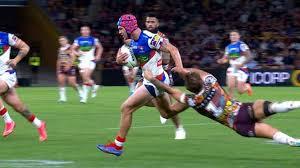
“Each person holds so much power within themselves that needs to be let out. Some- times they just need a little nudge, a little direction, a little support, a little coaching, and the greatest things can happen.”
Pete Carroll Seattle Seahawks NFL


Throughout this course, students learn about the specific knowledge and skills to commence a career in the sports education and coaching industries. You will also complete work placement and First Aid Certification.
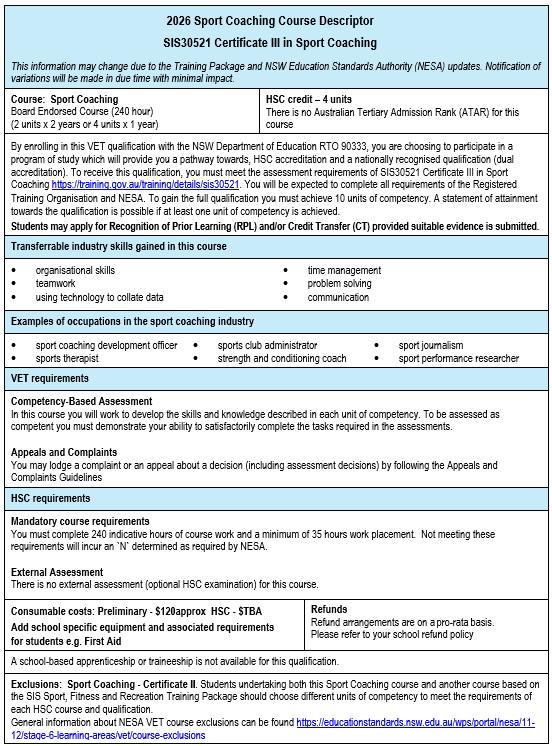
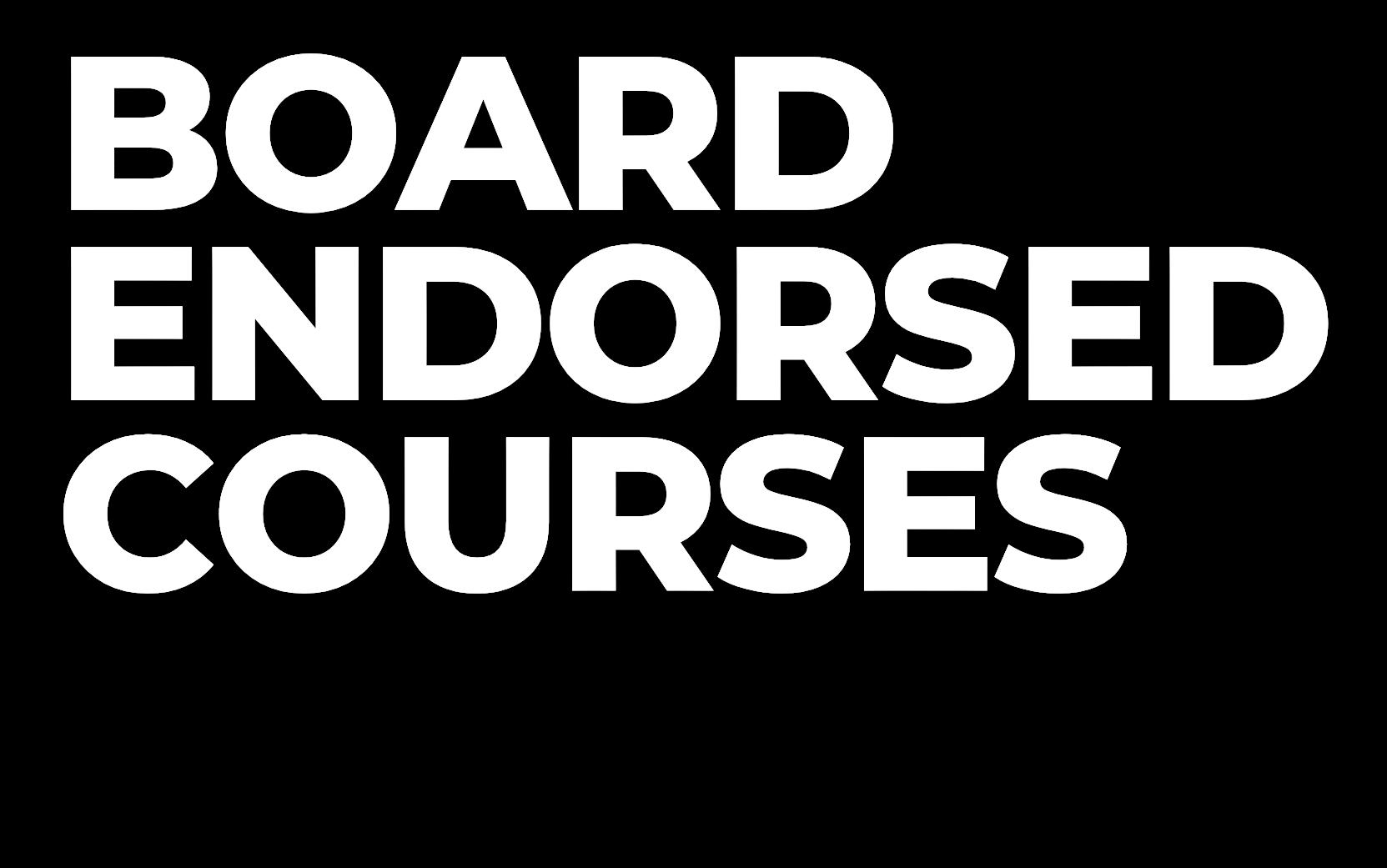

There are two types of Board Endorsed Courses – Content Endorsed Courses and School Designed Courses.
Content Endorsed Courses have syllabuses endorsed by the NSW Education Standards Authority (NESA) to cater for areas of special interest not covered in Board Developed Courses. Many EVET courses (which are written and delivered by Registered Training Organisations -RTOs) have Content Endorsed status granted by the Board

There is no external examination for Board Endorsed Courses. Assessment is school based.
All Board Endorsed Courses count towards the Higher School Certificate and appear on the student’s Record of Achievement. Board Endorsed Courses, however, do not count in the calculation of the Australian Tertiary Admission Rank (ATAR)
Content Endorsed Courses may be studied as 2 units Preliminary then HSC courses
Board Endorsed Course
Non ATAR
1 or 2 Units
Course No 35029
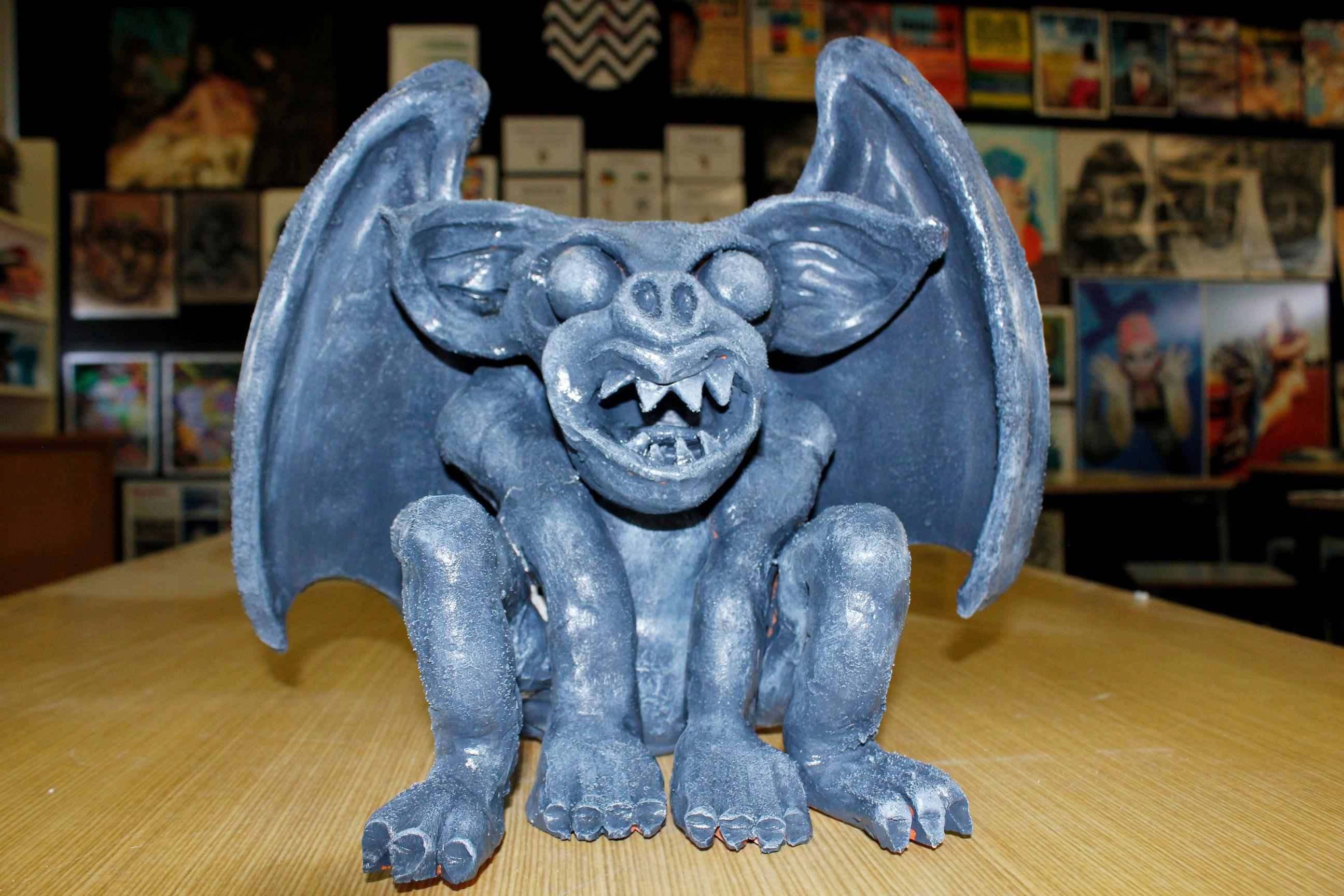
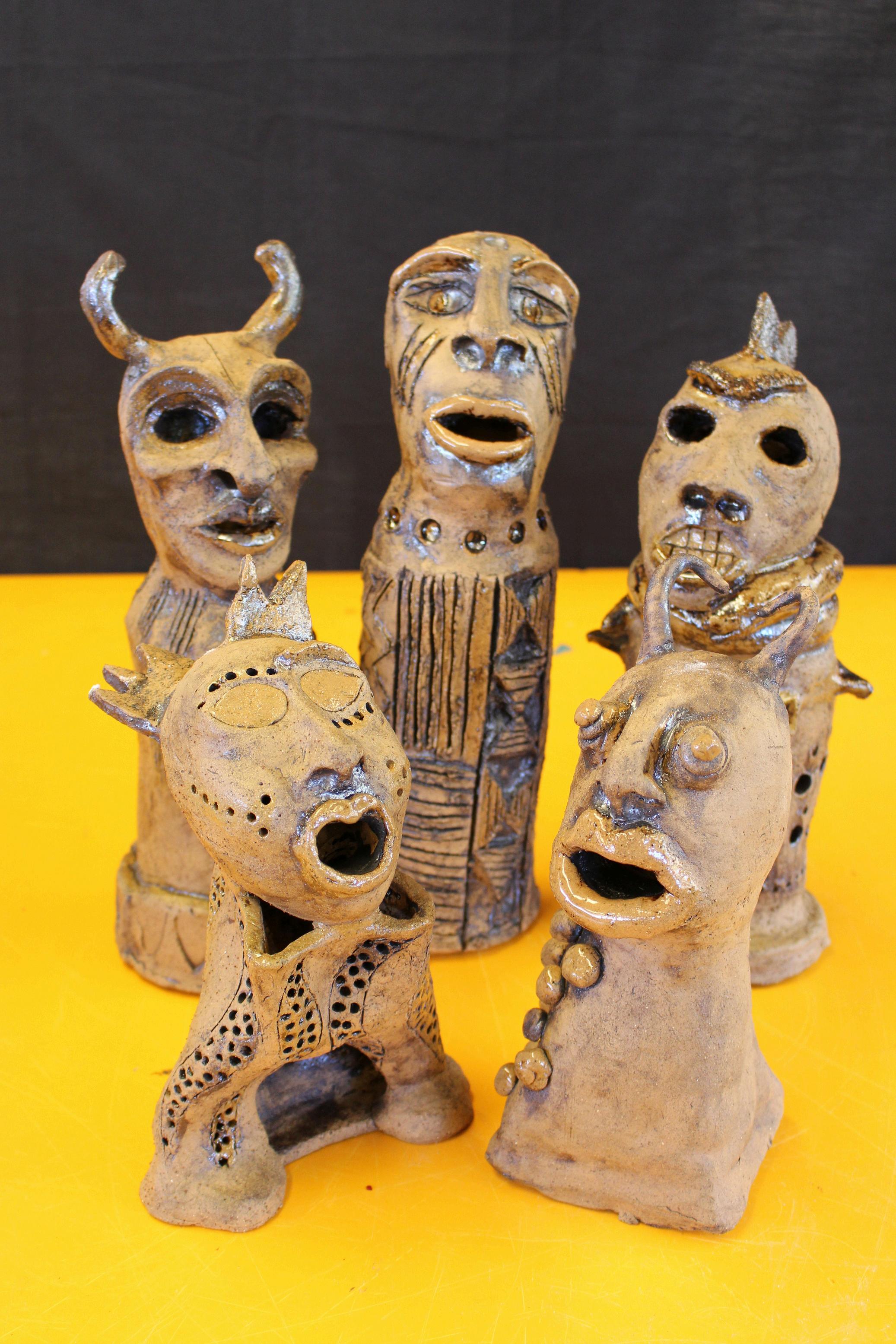
Ceramics is the art and technology of forming, firing, and glazing clay to make a range of products. The Ceramics course is a hands-on subject that allows students to express themselves through the medium of clay. Students will learn to make and design functional works such as vases, plates, and lidded jars, as well as some clay sculptures. This subject is a great foundation for students who are considering Visual Art or Ceramics in their senior years.
Particular course requirements
Students need to be aware that this course is 30% theory work, and 70% practical artmaking. There are take home theory assignments, and every ceramic work made in class is an assessment task.
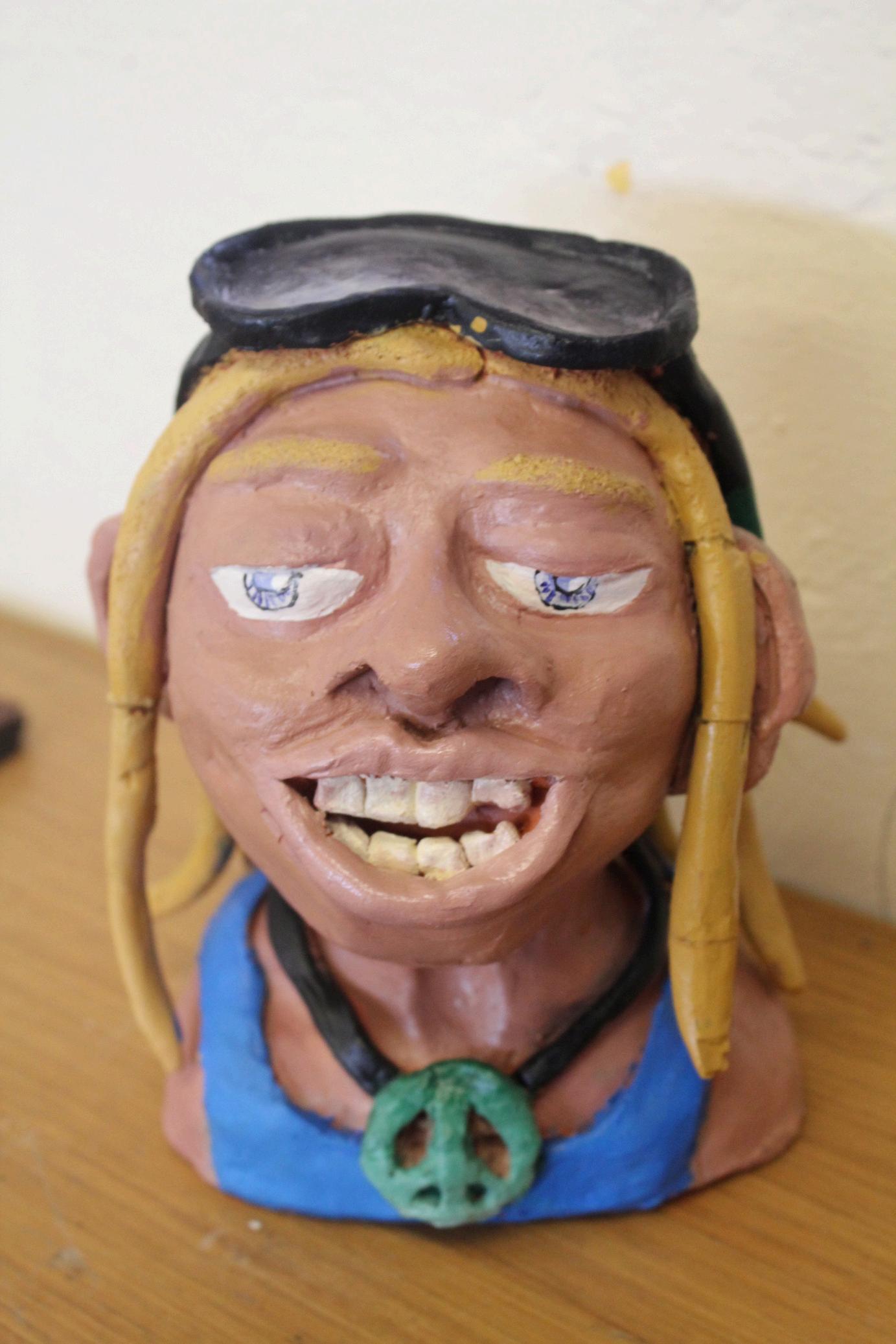
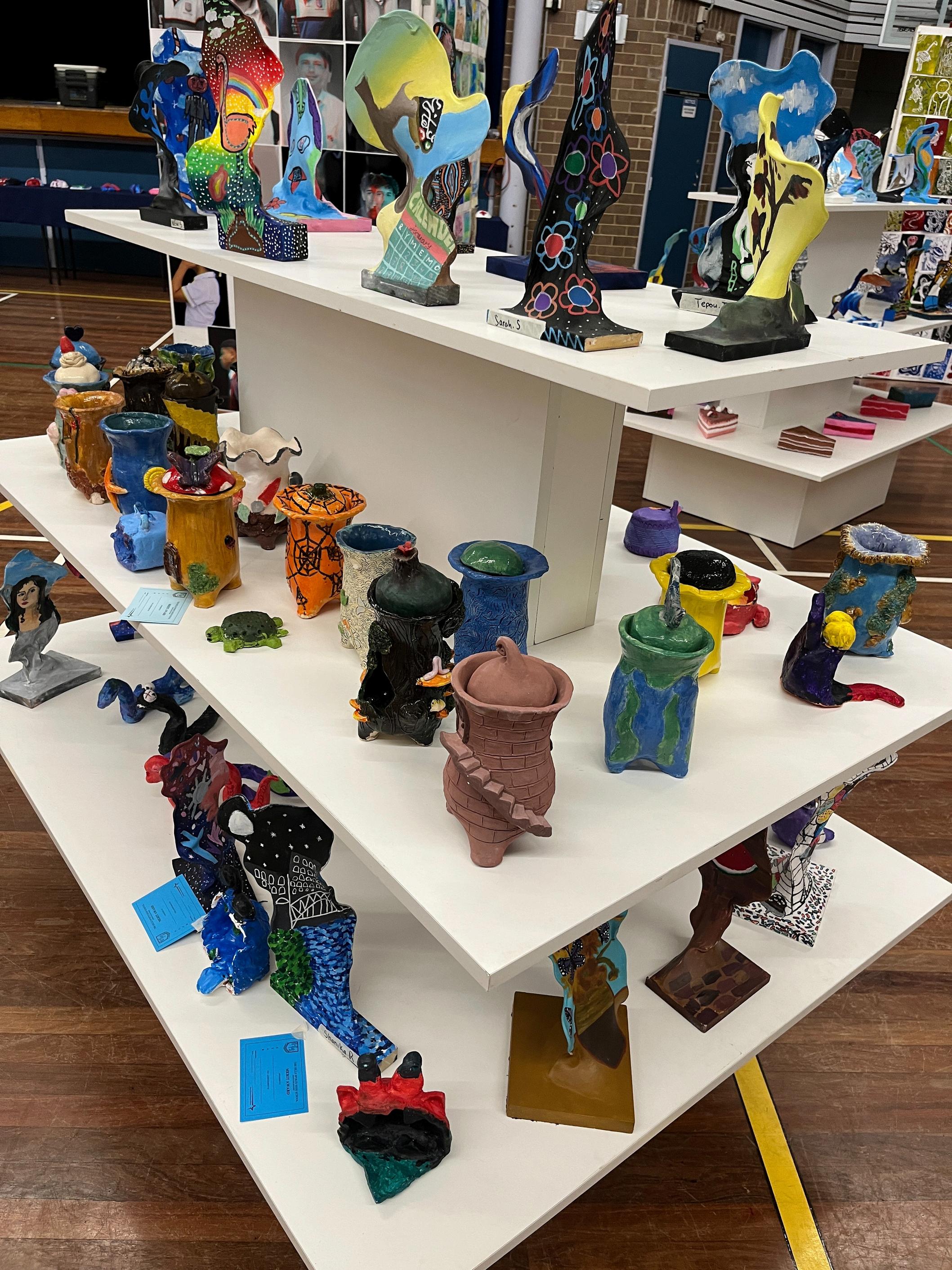
“This subject is for those who are interested in art and design but mainly enjoy working with clay. There is more of a focus on function in ceramics. That means the works you make can be used at home and you can design it to suit you and your interests.”
Preliminary Course & HSC Course
Core Module
Introduction to Ceramics
Work Health and Safety
Optional Modules (5 are selected over the 2 year course)
Handbuilding
Kilns
Glaze Technology
Surface Treatment
Casting
Wheel Throwing
Sculptural Forms
Mixed Media
Ceramics Project
Board Developed Course Non ATAR
2 Units
Course No 34258


The study of Numeracy in Stage 6 enables students to build upon existing numeracy skills and to develop and improve their capability to: · interpret and use numerical information · solve problems using visual, spatial, financial and statistical literacy skills · think mathematically in practical situations · represent and communicate information use the context to determine the reasonableness of solutions

“This course is suitable for students who are not interested in Mathematics but would like to develop their consolidation and application of functional numeracy skills associated with personal and community, workplace and employment, and education and training contexts.”
Preliminary Course
Module 1:
1.1: Whole numbers
12: Operations with whole numbers
13: Distance, area and volume
1.4: Time
1.5: Data, graphs and tables
Module 2:
2.1: Fractions and decimals
22: Operations with fractions and decimals
2.3: Metric relationships
2.4: Length, mass and capacity
2.5: Chance
HSC Course
Module 3:
3.1: Percentages
3.2: Operations with numbers
3.3: Finance
3.4: Location, time and temperature
35: Space and design
Module 4:
4.1: Rates and ratios
4.2: Statistics and probability
4.3: Exploring with NRMT
Board Endorsed Course
Non ATAR
1 or 2 Units
Course No 34258
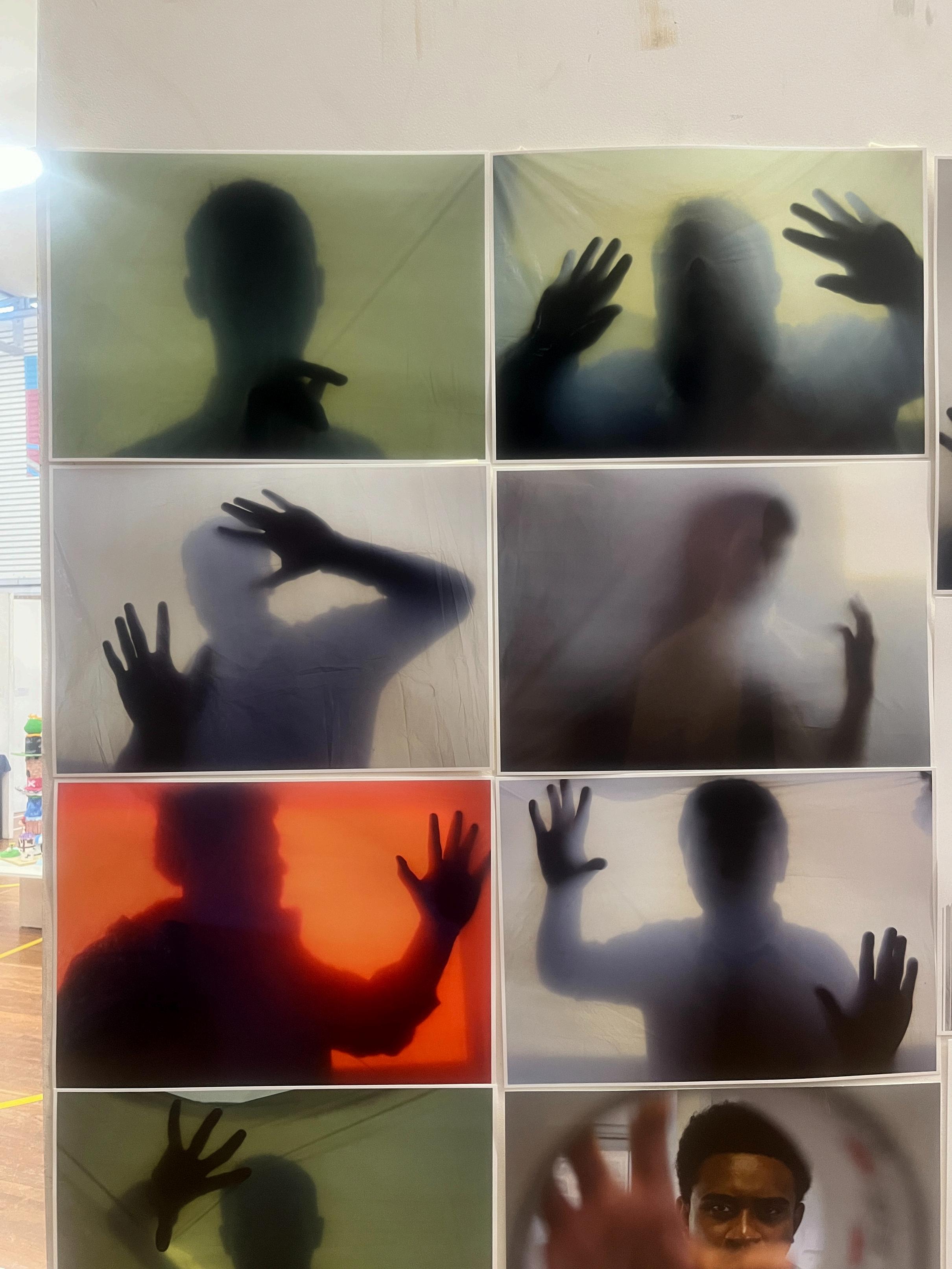

Photography, Video and Digital Imaging is the study of images in a range of formats. This course will teach you skills which are integral for todays visual world. Learn how to uses a camera, edit images on Photoshop, create and edit films and develop ability to build and design graphics and images from only the computer. The course is predominately practical and hands on with a smaller component of theory based around techniques, equipment understanding and artists.


Students must study between 3-6 modules during the preliminary course from the modules listed below. HSC Course
Students must study another 3-6 modules during the HSC course from the modules listed below.
Video
“Photography isn’t just about pointing the camera and clicking the button. It is a superpower that is able to freeze time, bring back memories, speak truths and be able to bestow understanding at a glance - all without a single word uttered“ PHOTOGRAPHY,
Individual/Collaborative Project Work Health & Safety
Board Endorsed Course
Non ATAR
2 Units
Course No 35017
No exclusions


Students will learn about the importance of a healthy and active lifestyle and recognise the need to be responsible and informed decision makers. This course enables students to further develop their understanding of and competence in a range of sport and recreational pursuits. They are encouraged to establish a lifelong commitment to being physically active and to achieving movement potential.


“This course is perfect for those students who not only enjoy participating in the practical component of a variety of sport and recreation activities but also want to learn about how to organise events or activities”
Preliminary Course
Students will cover 4 of the topics listed below
HSC Course
Students will cover 4 of the topics listed below
Sports Administration
Aquatics
Athletics
Sports Coaching and Training
Individual Games and
Sports Applications

First Aid and Sports Injuries
Resistance Training
Games and Sports Applications I
Invasion Games
Games and Sports Applications II
Individual Games
Board Developed Course Non ATAR
1 or 2 Units
Course No 35100
Particular course requirements
Students need to be aware that this course is 40% theory work, and 70% practical artmaking. Students also must have a Visual Design Portfolio
Diary
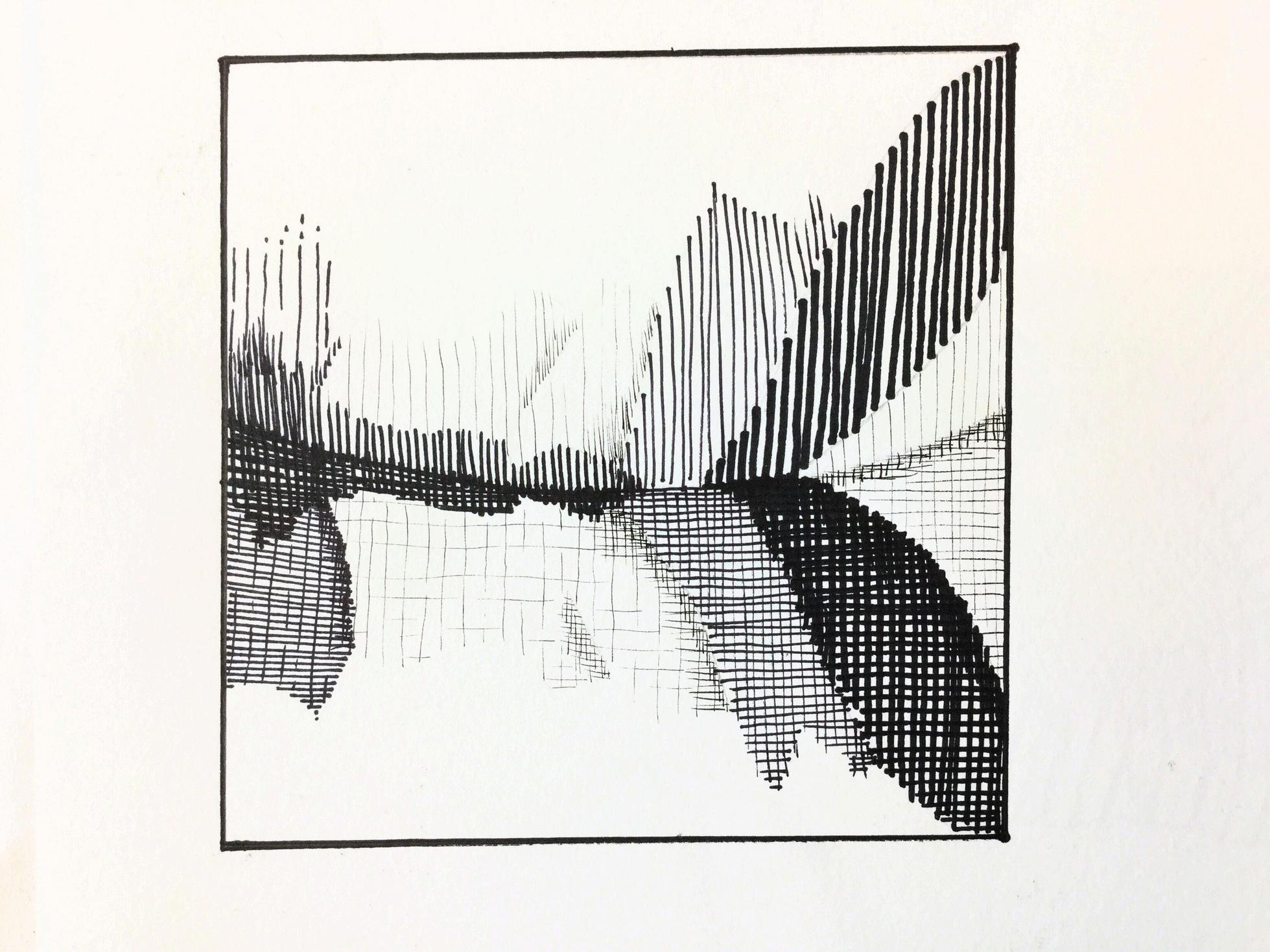
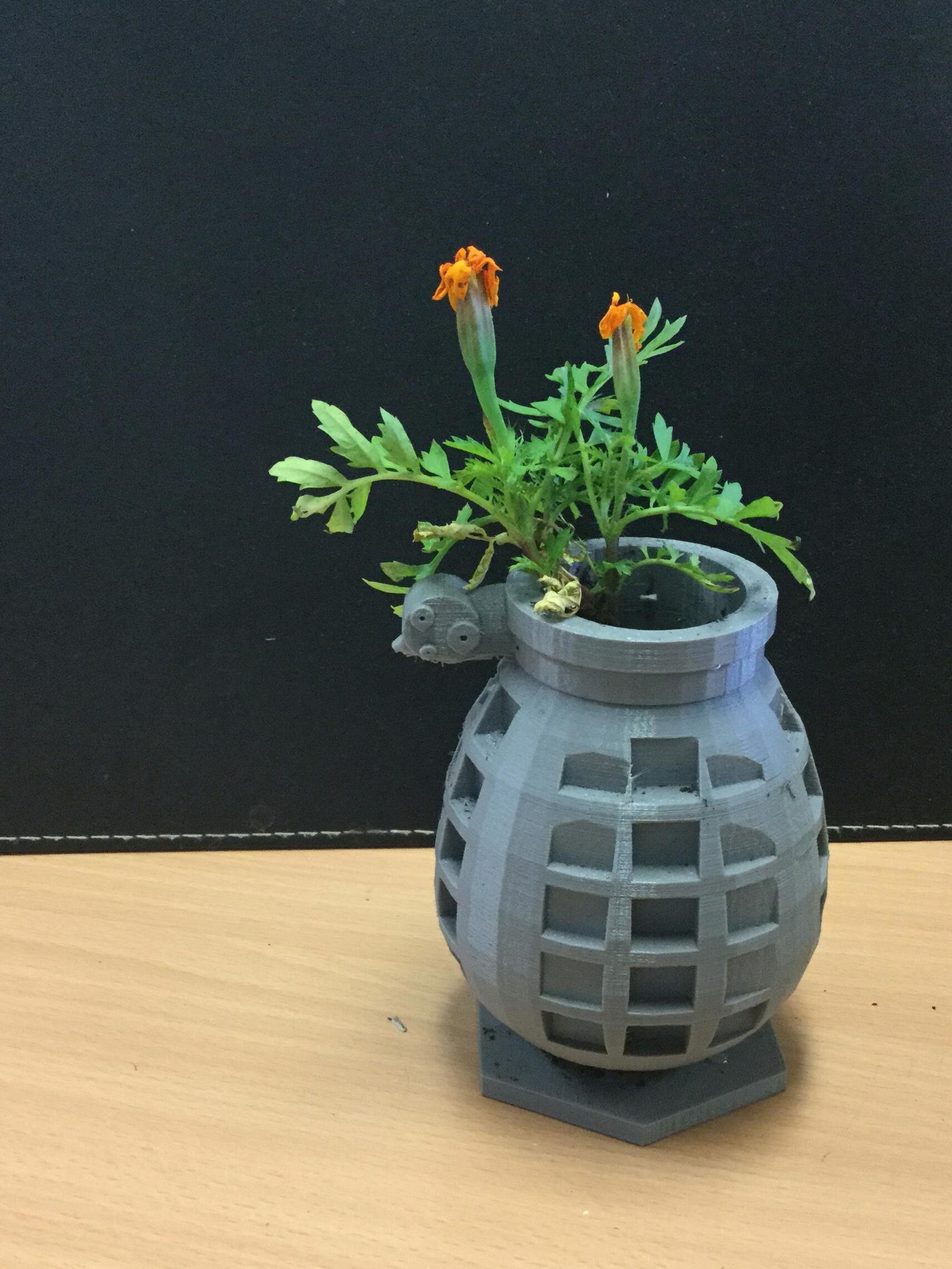
Visual Design is predominantly a practical subject that provides students the chance to explore creativity through the designing of objects and the making of images in which aesthetic qualities, symbolic meaning and functionality are all considered. This subject is a great opportunity for students to challenge their thinking and build processes to refine their artmaking for functional objects
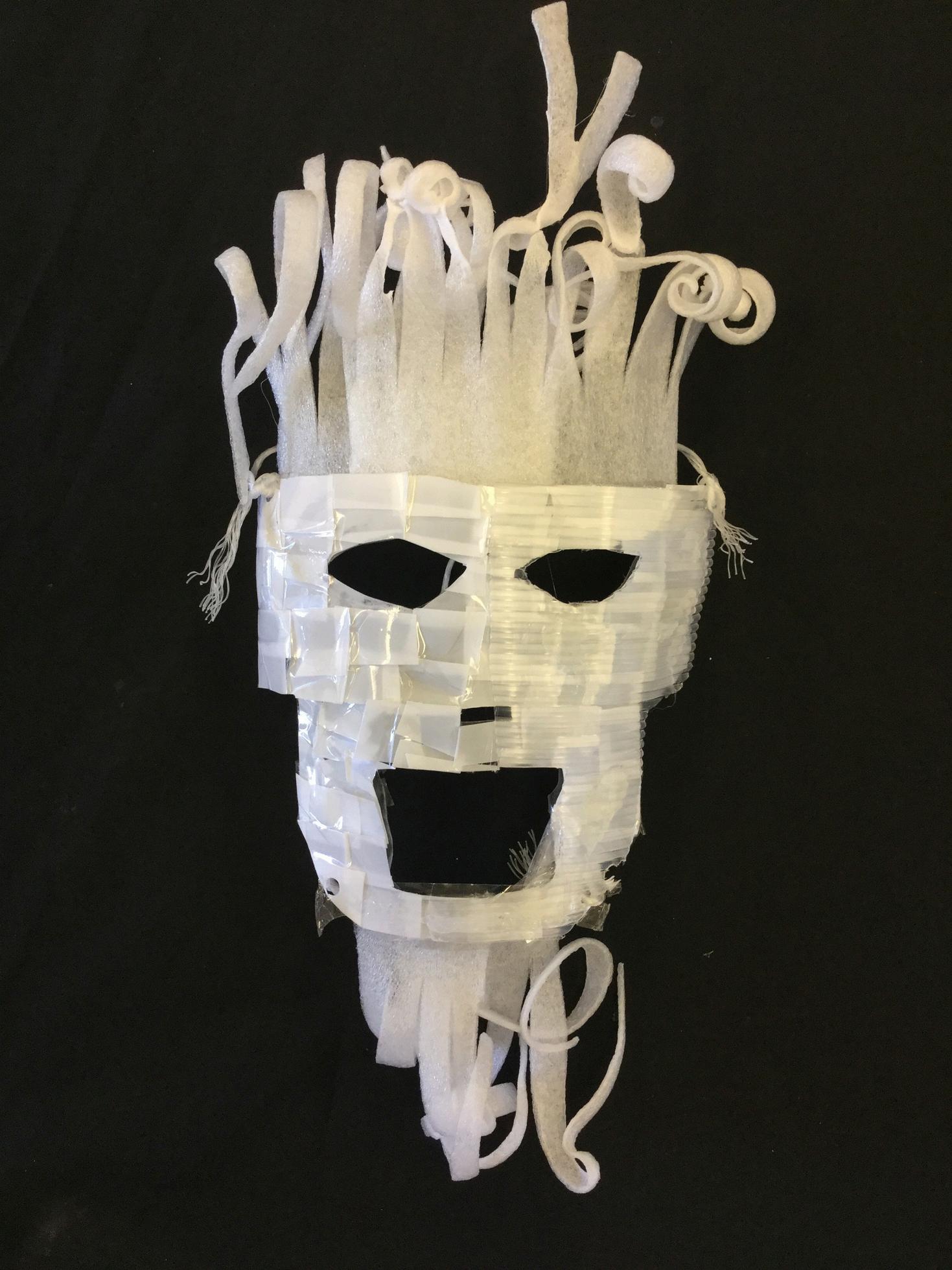

“Visual Design is one of my favourite subjects because students can being to understand that everything in this world has been designed with thought of its aesthetics and function. It gives students opportunities to understand how the brain and body works with objects, while getting their hands dirty”
Students must study between 3-6 modules during the preliminary course from the modules listed below.
Students must study another 3-6 modules during the HSC course from the modules listed below.
Graphic Design
Wearable Design
Product Design
Interior/Exterior Design
Individual Project Design
Work Health & Safety